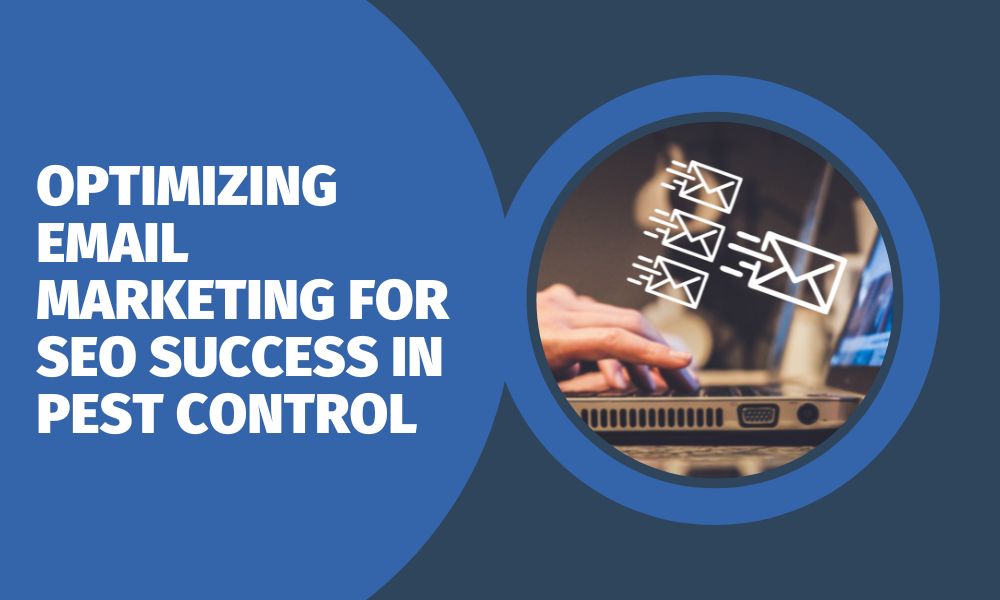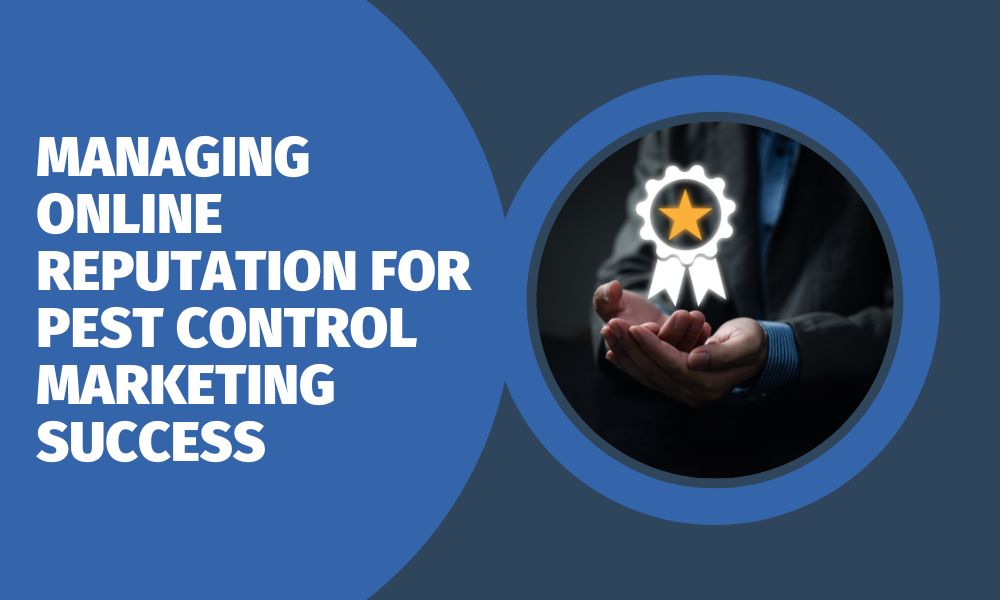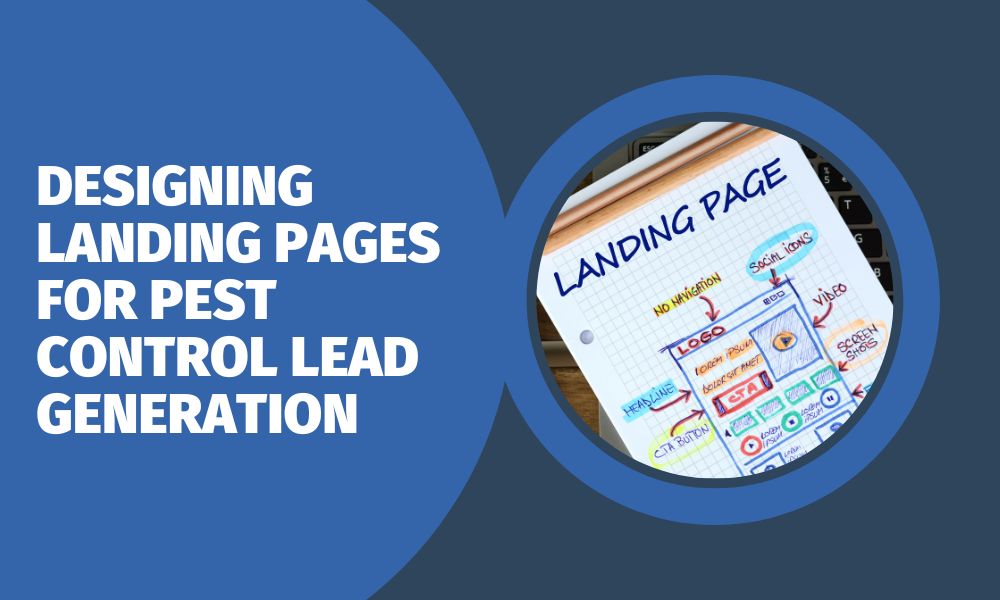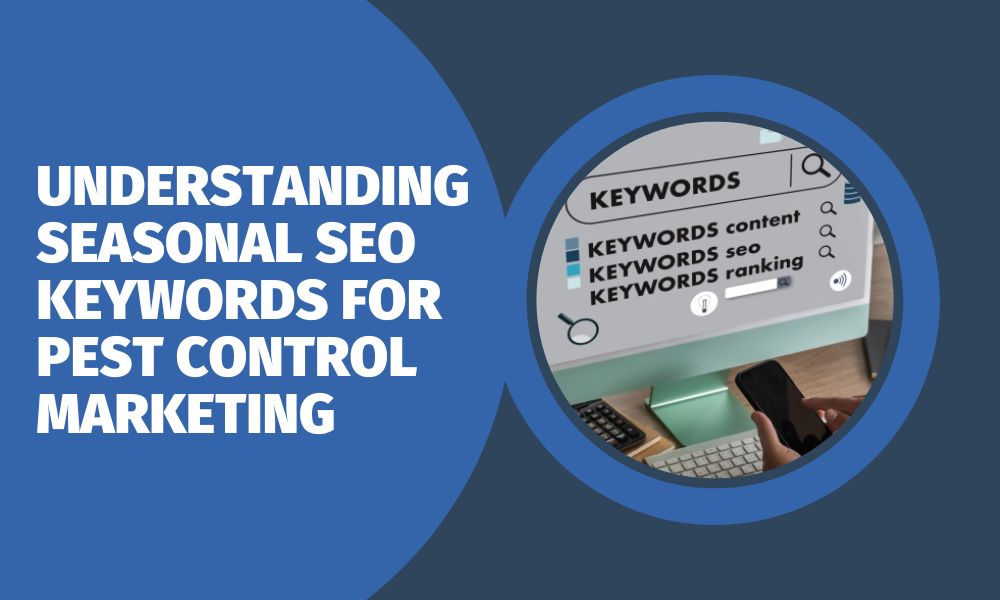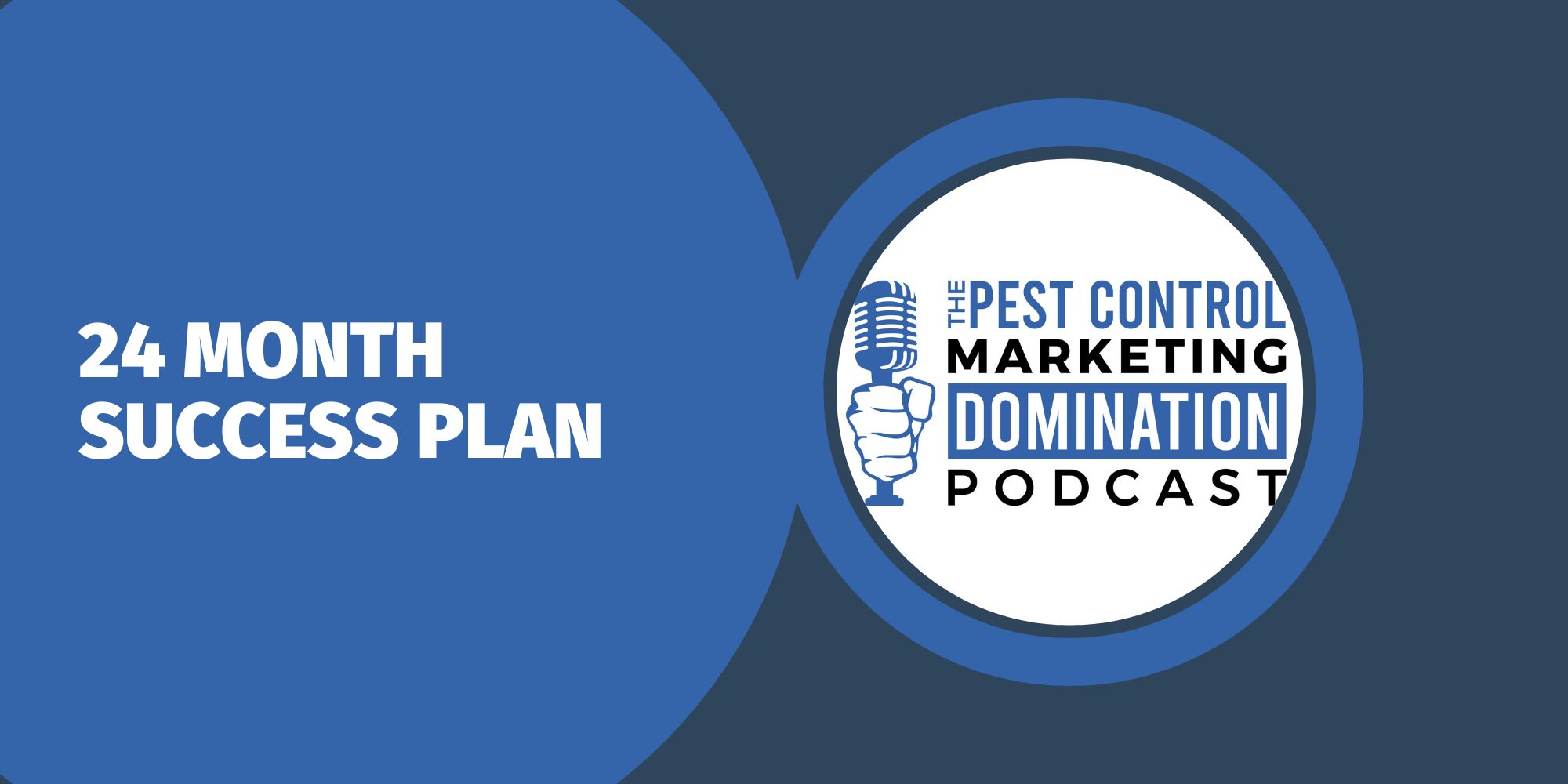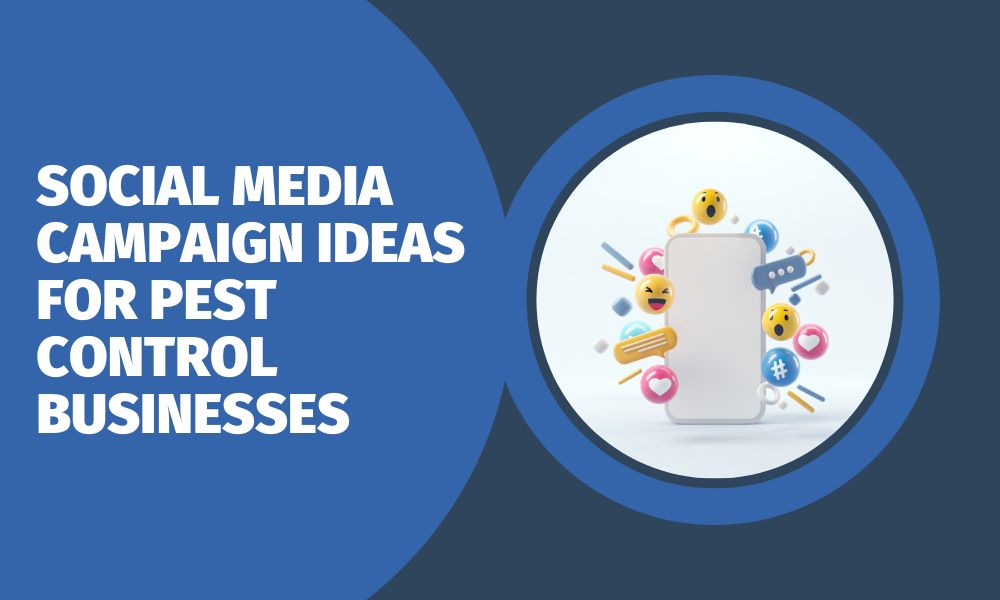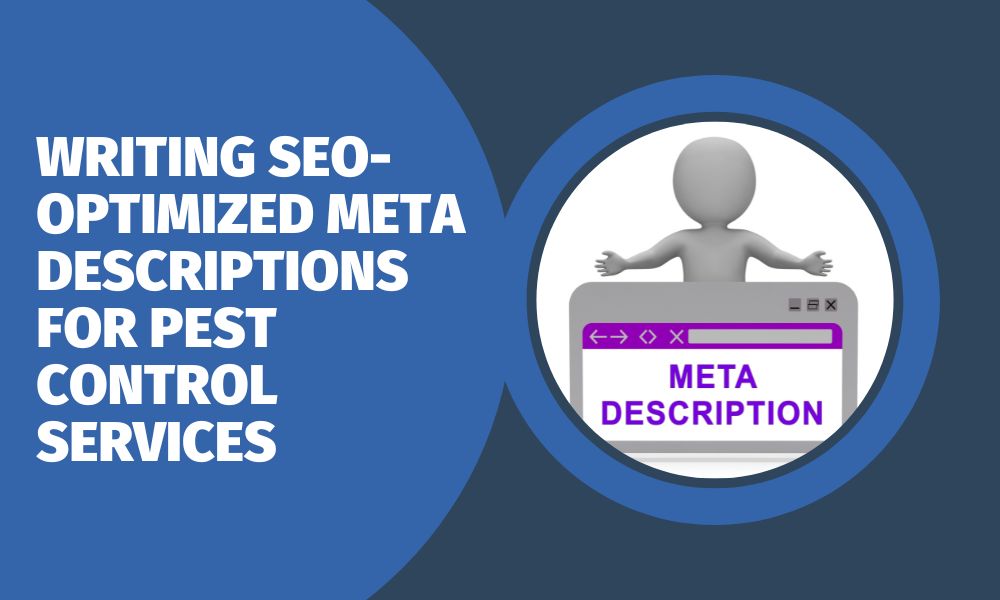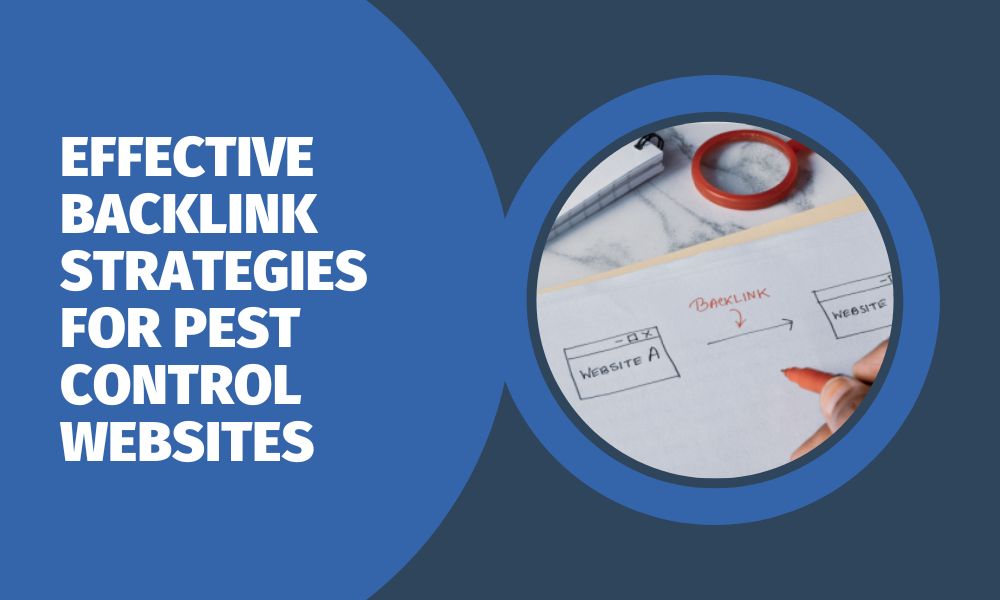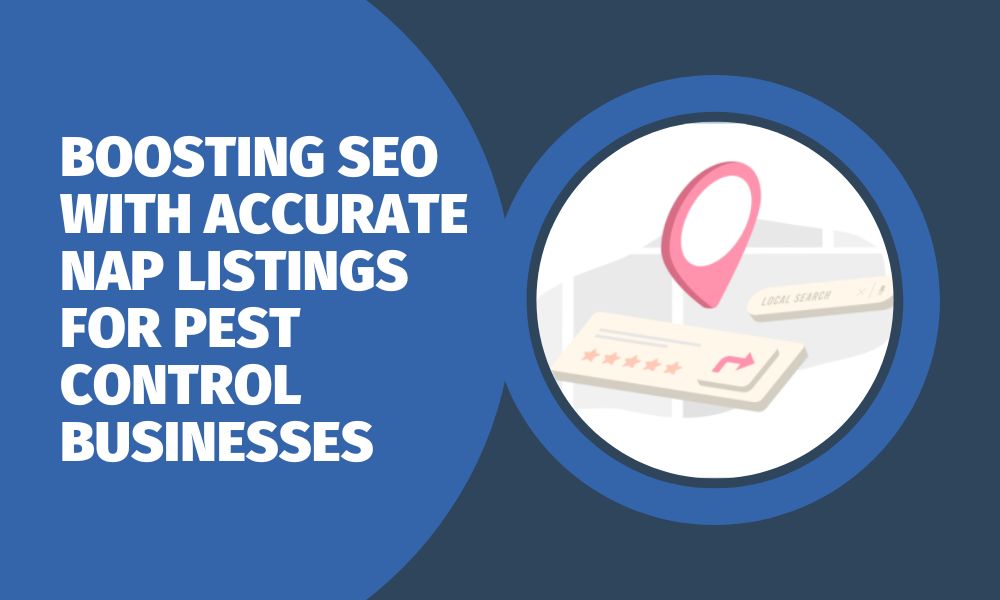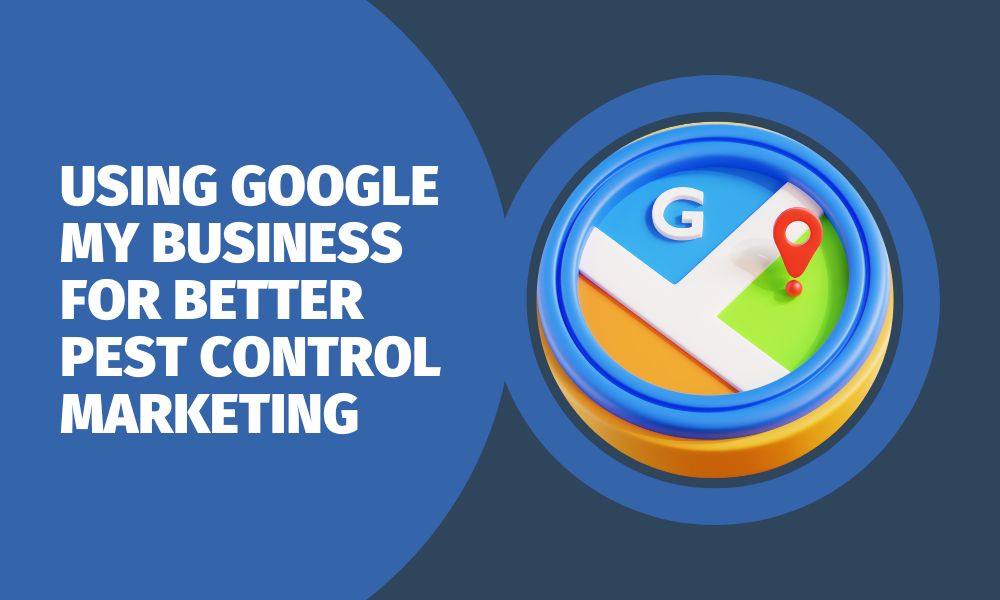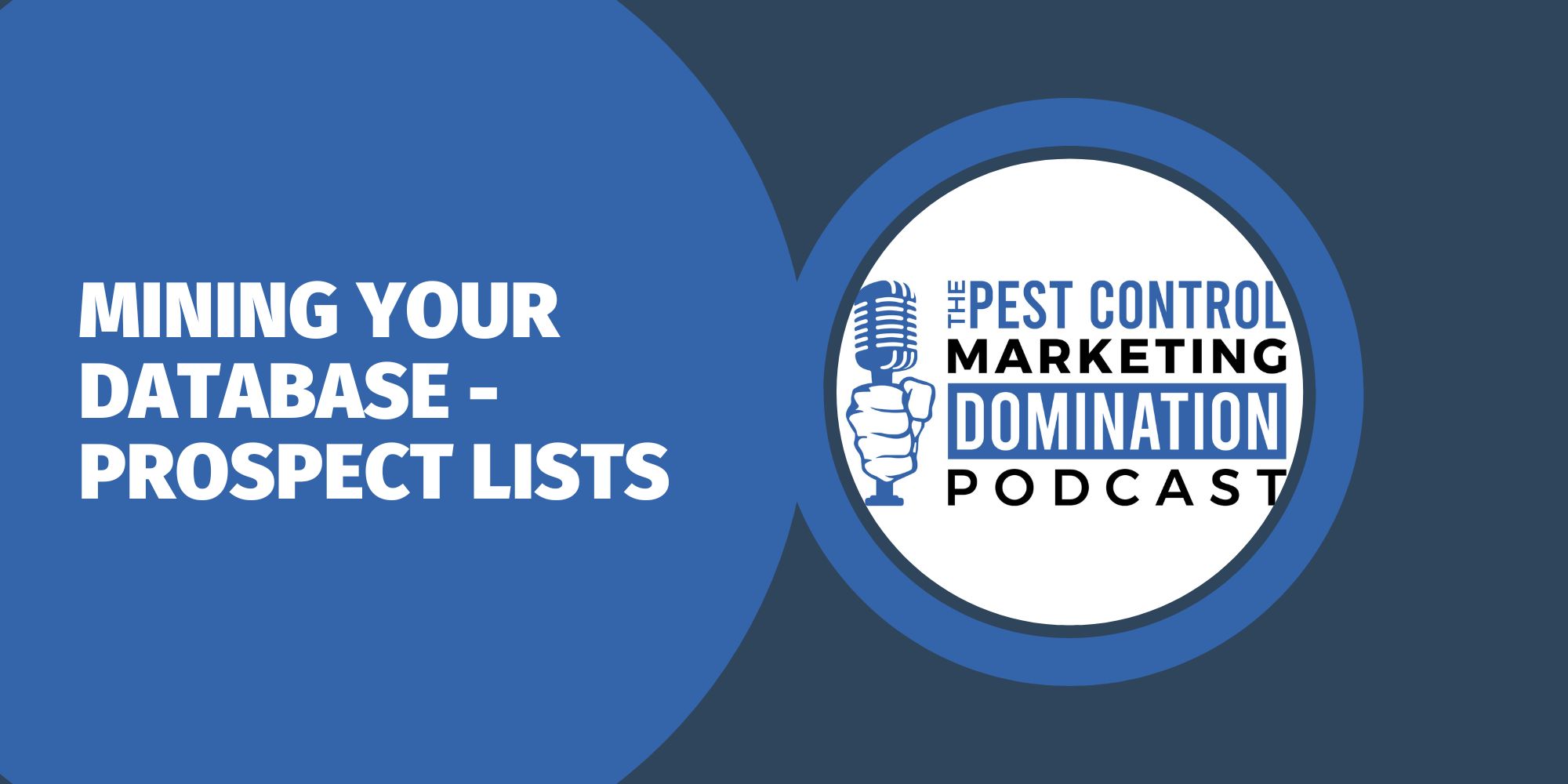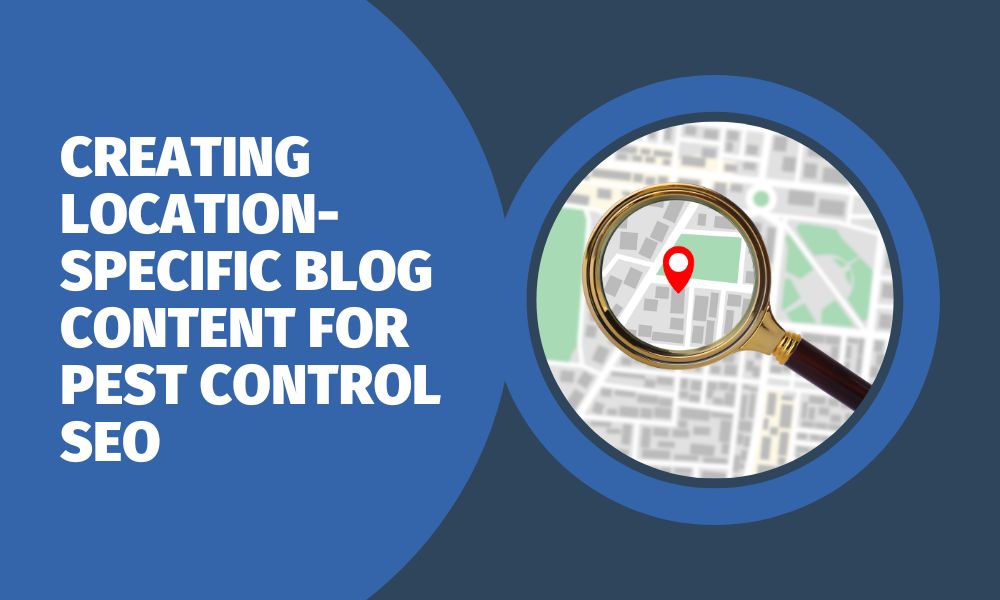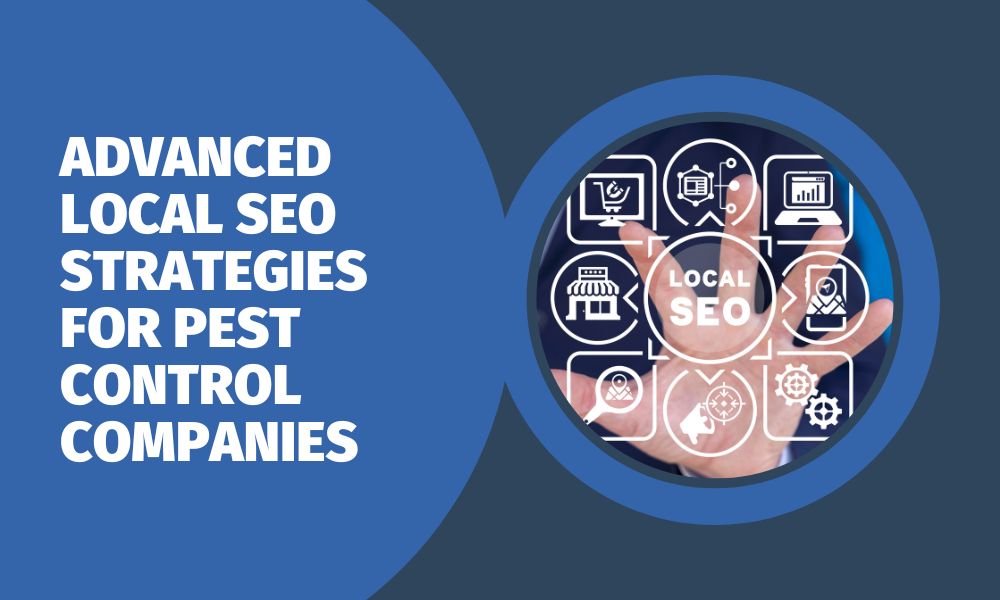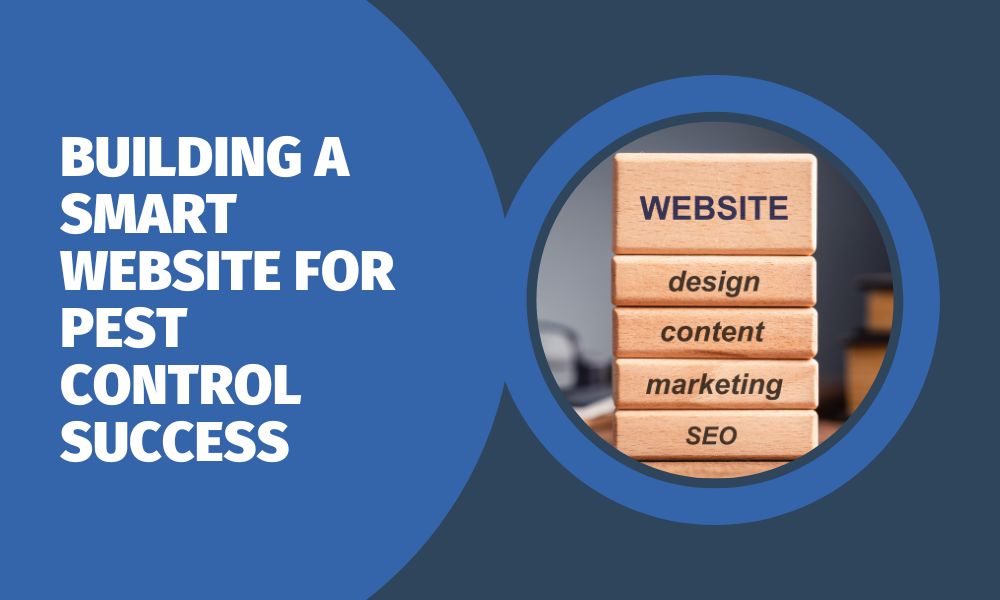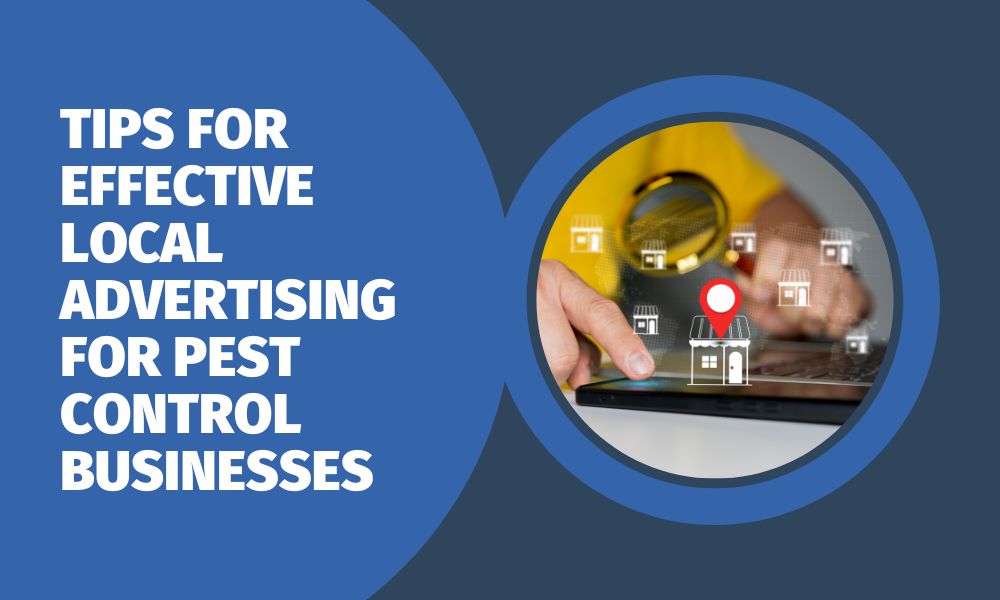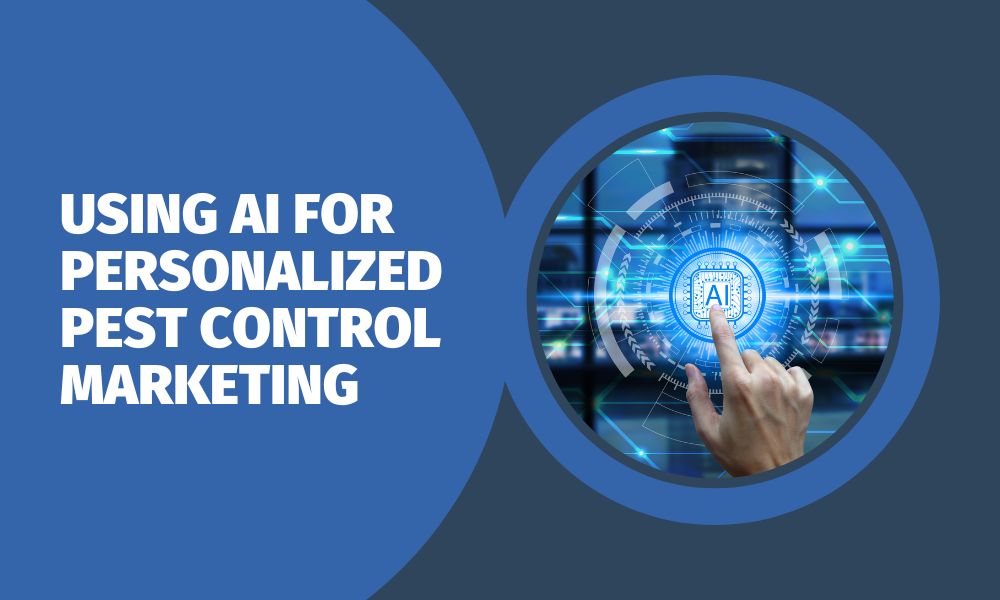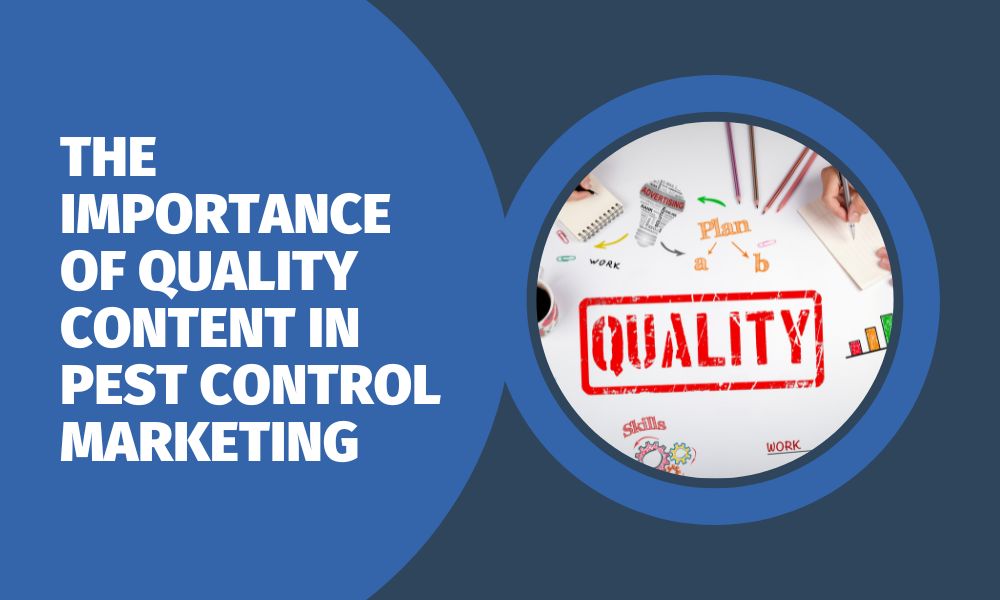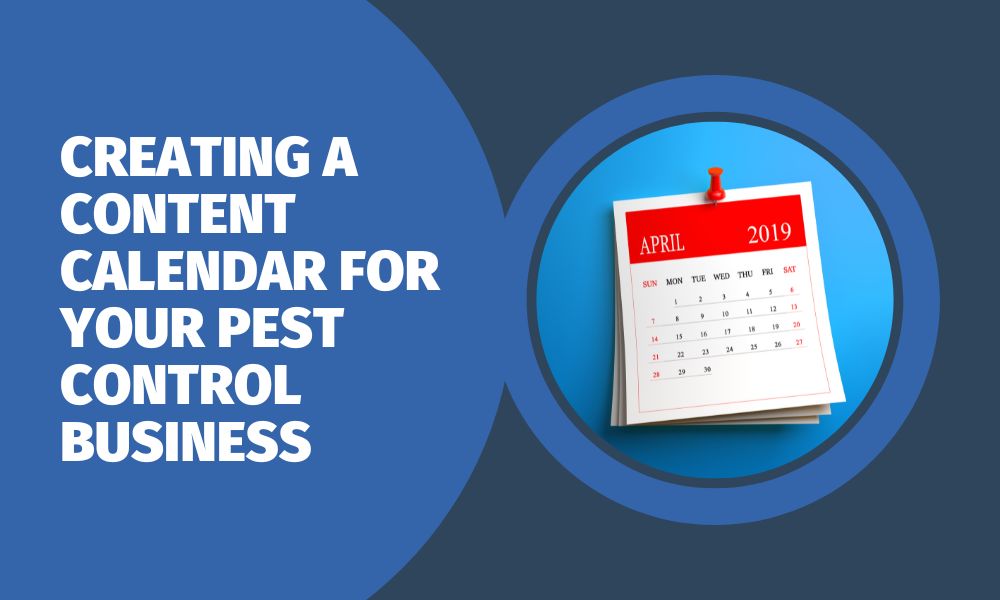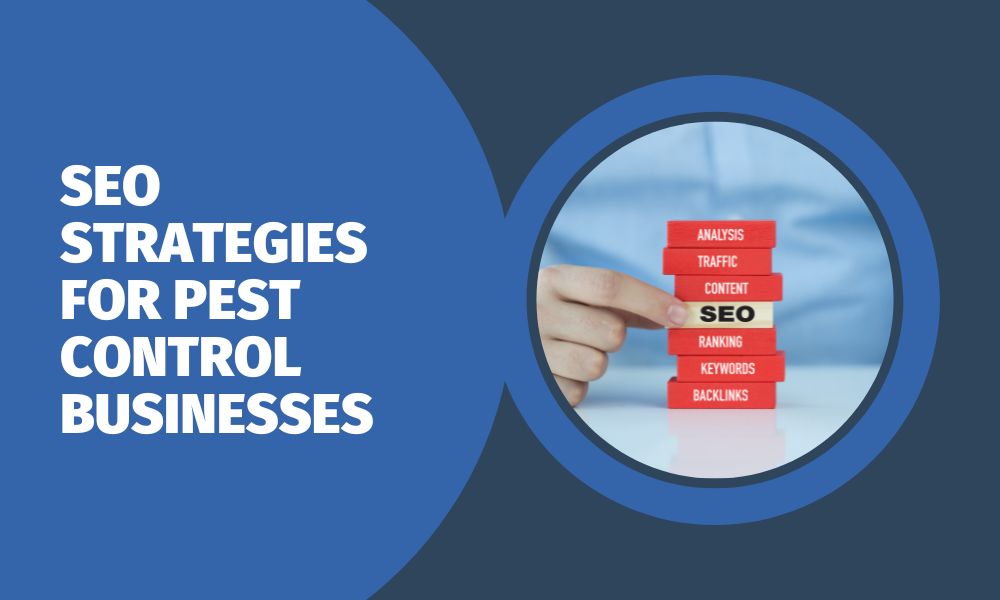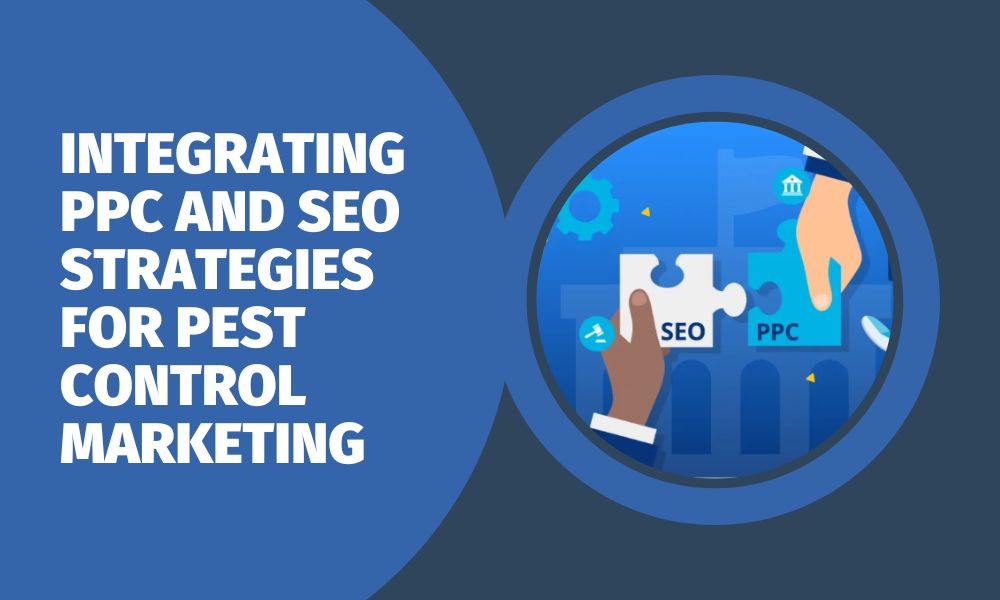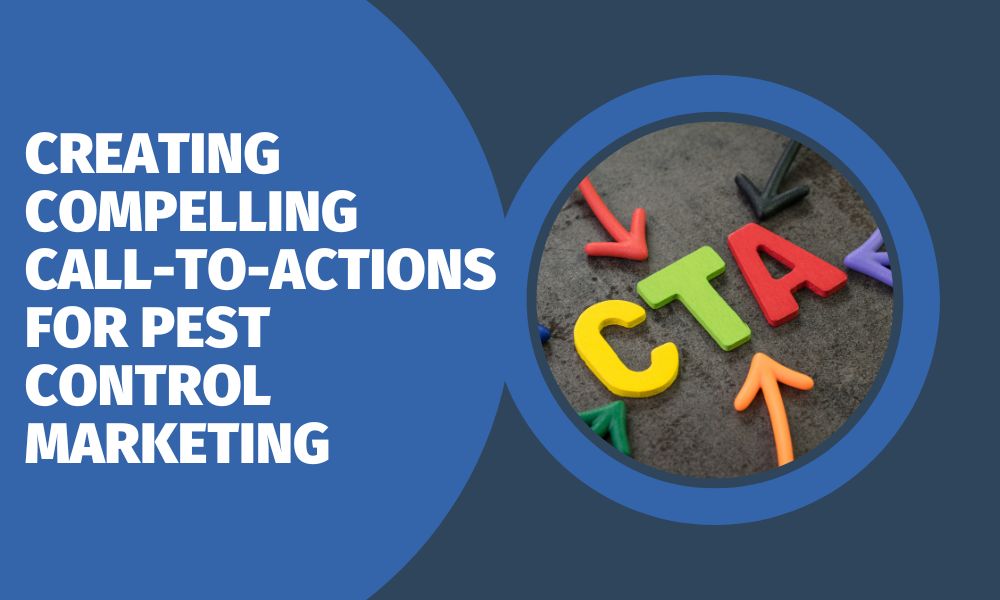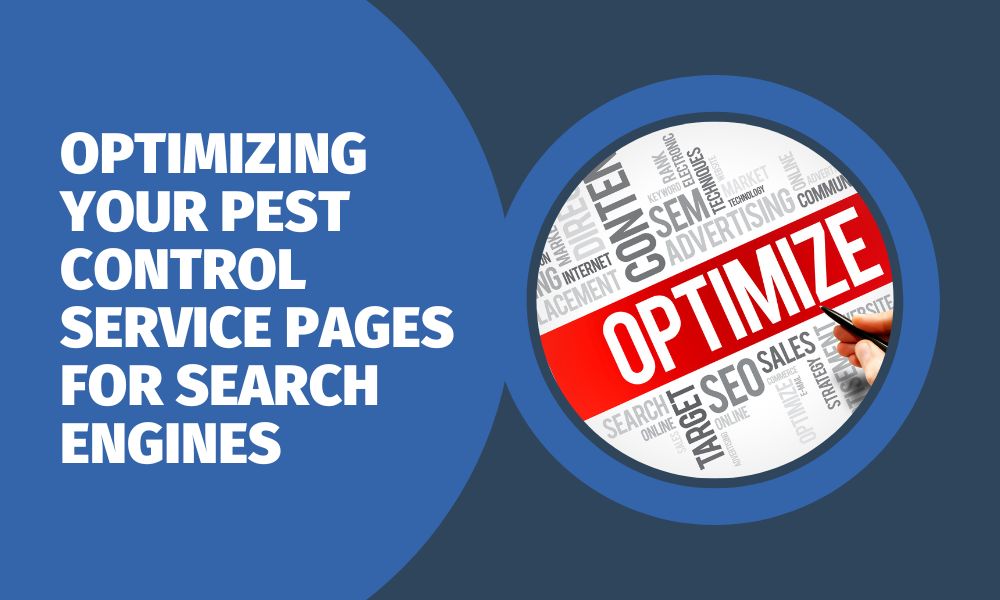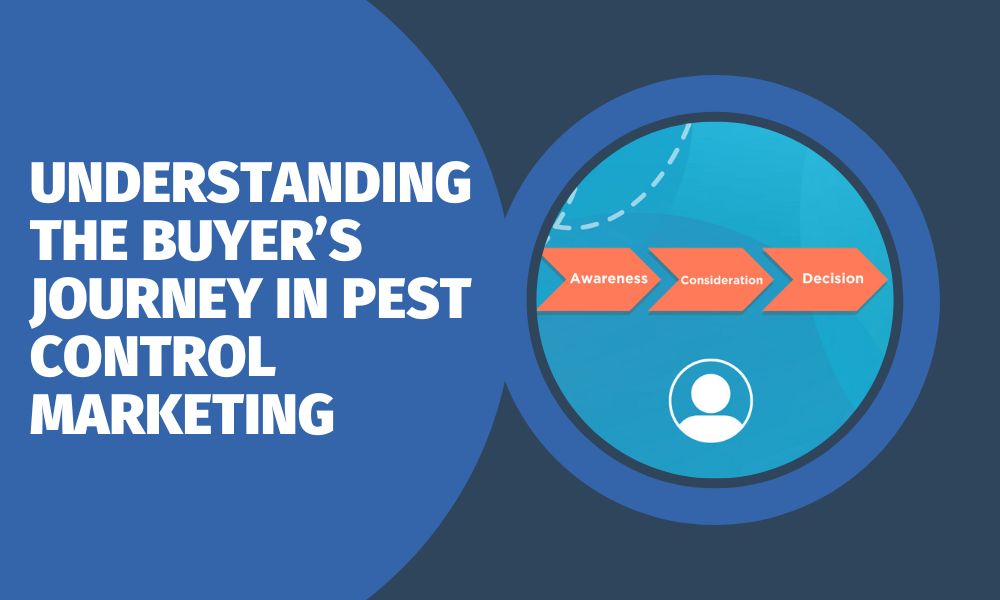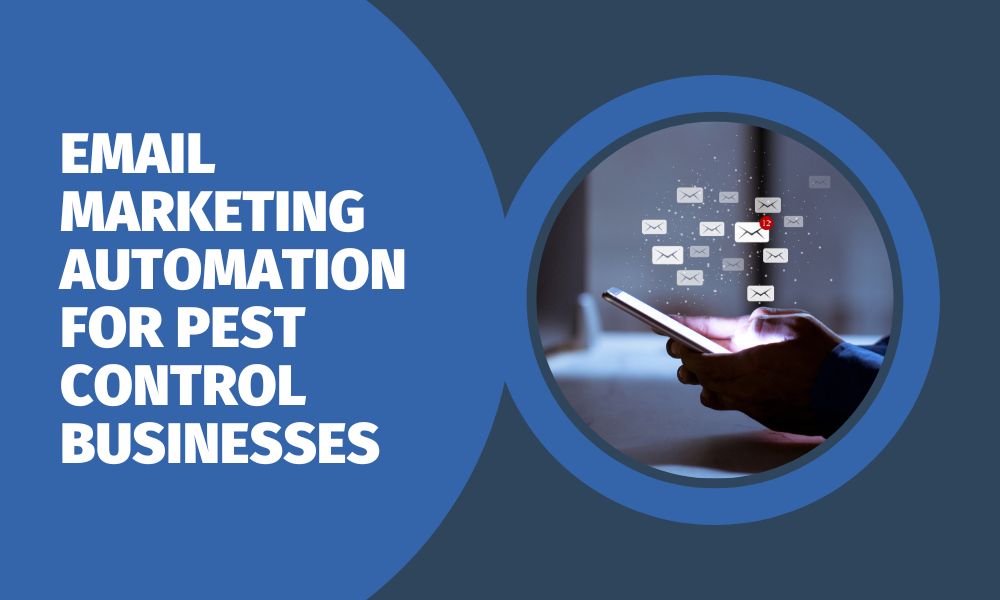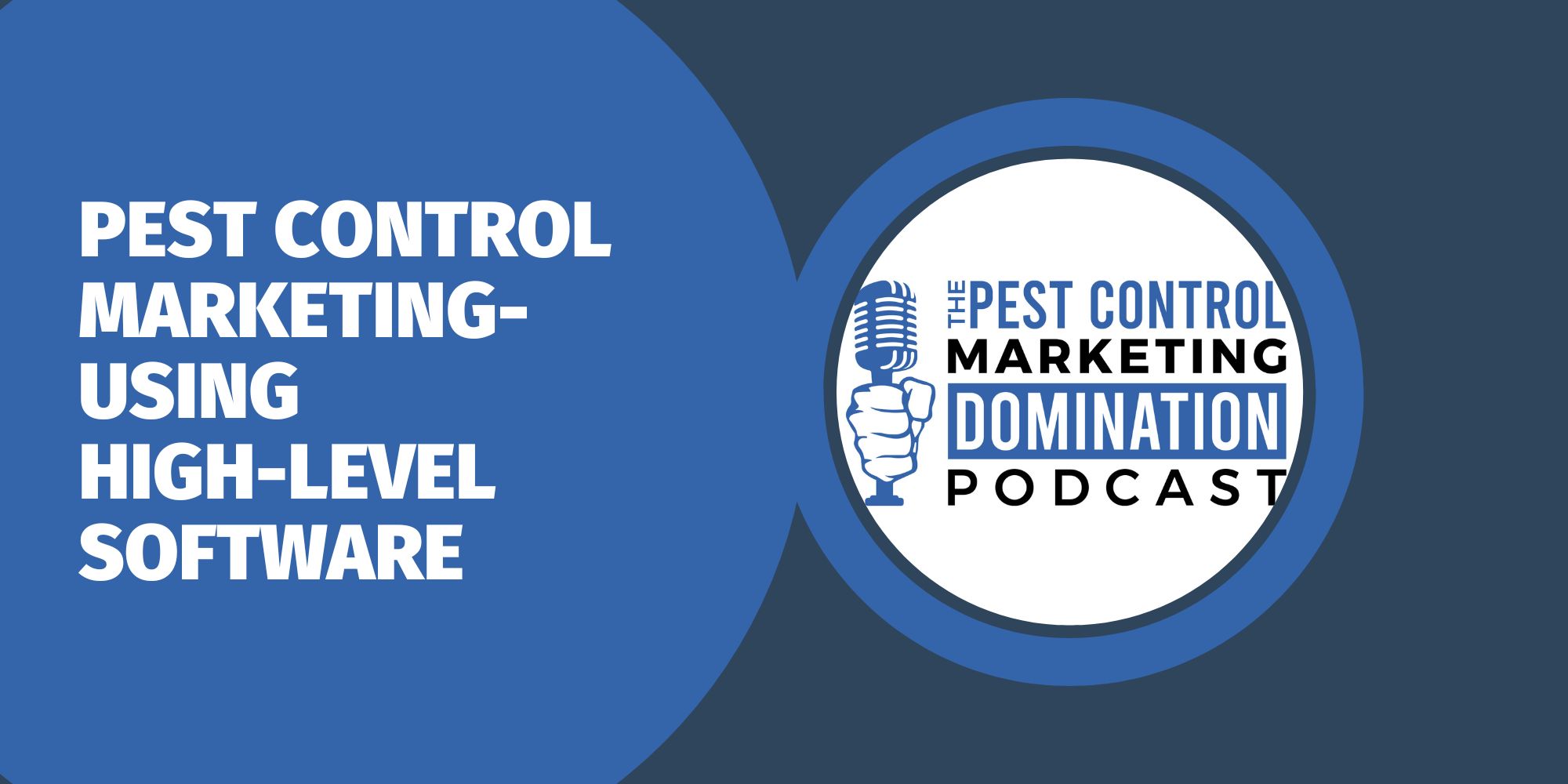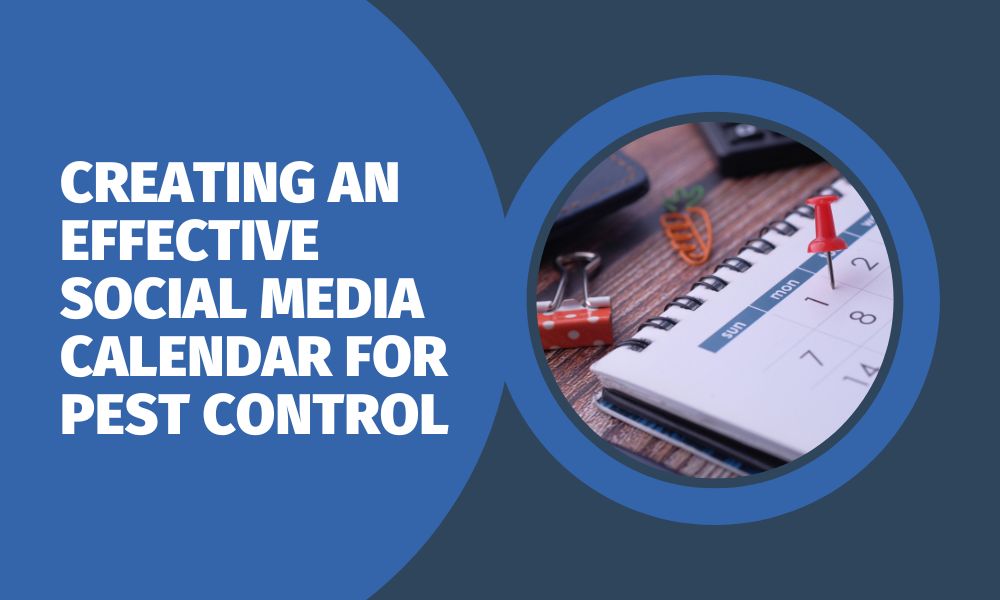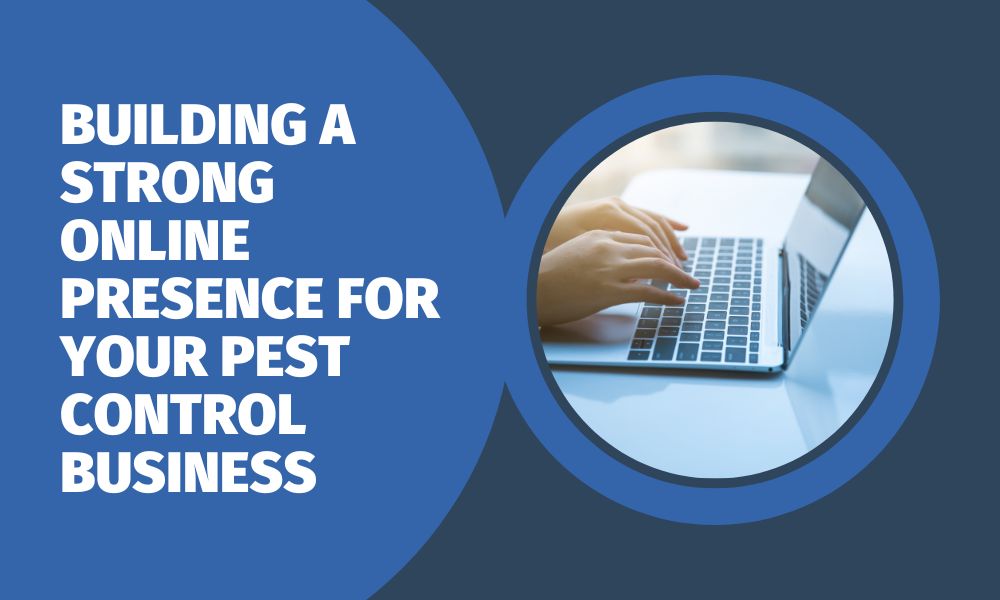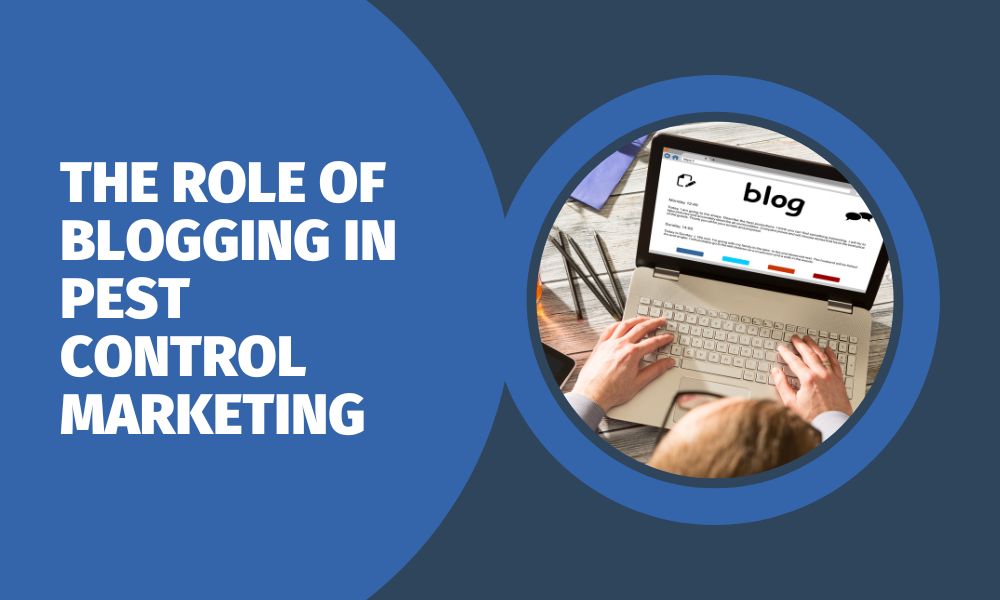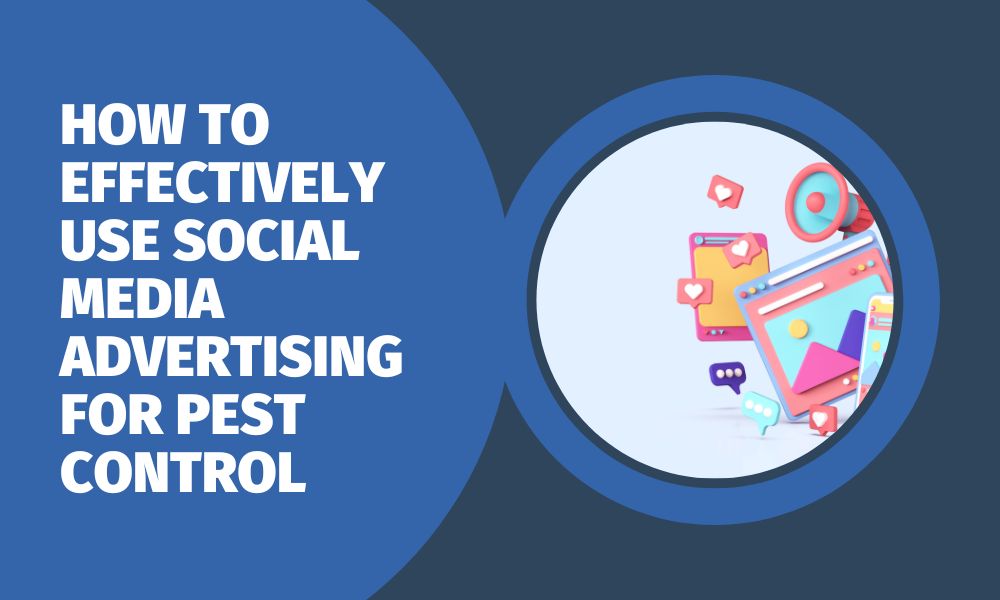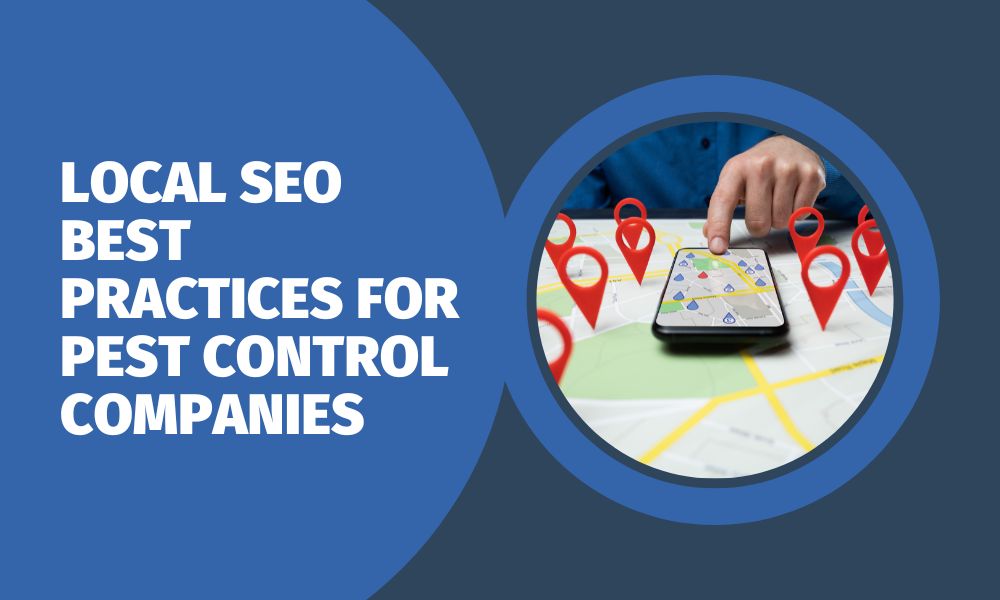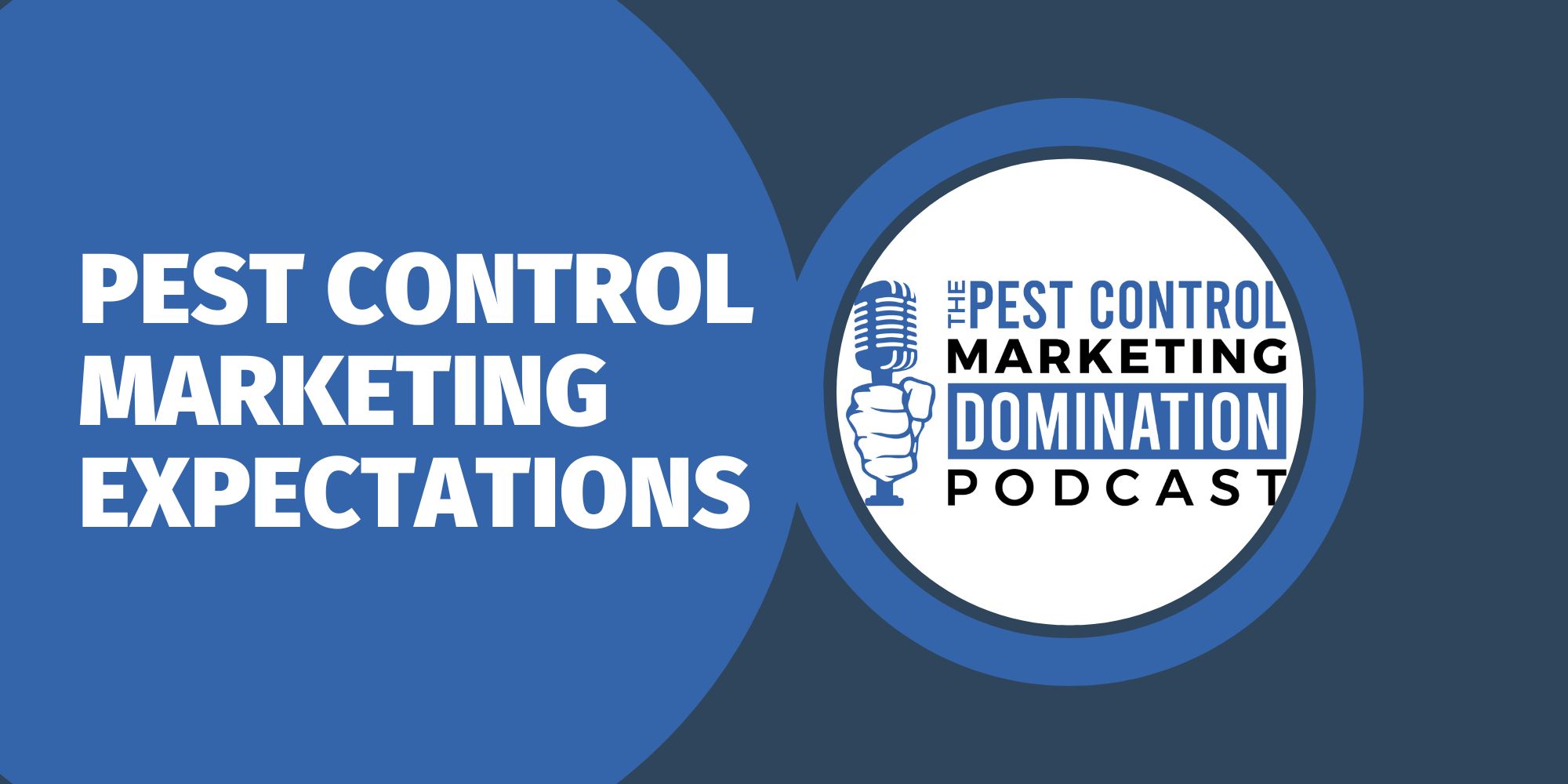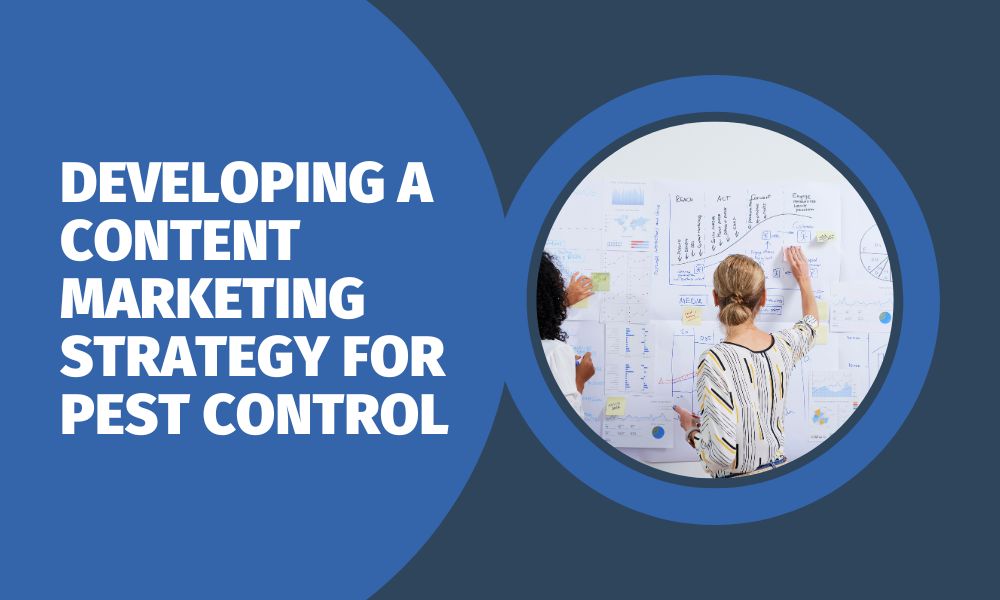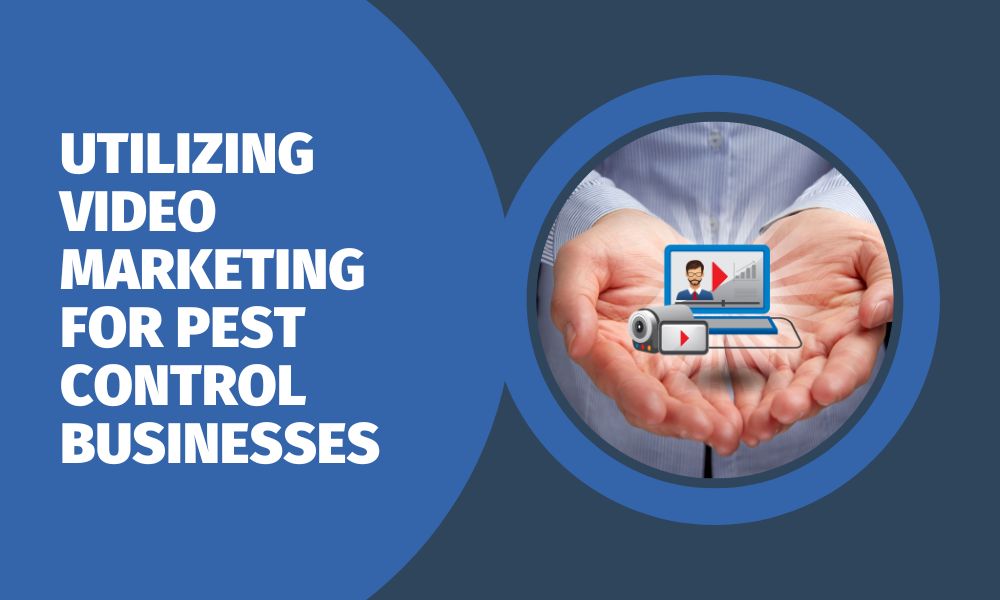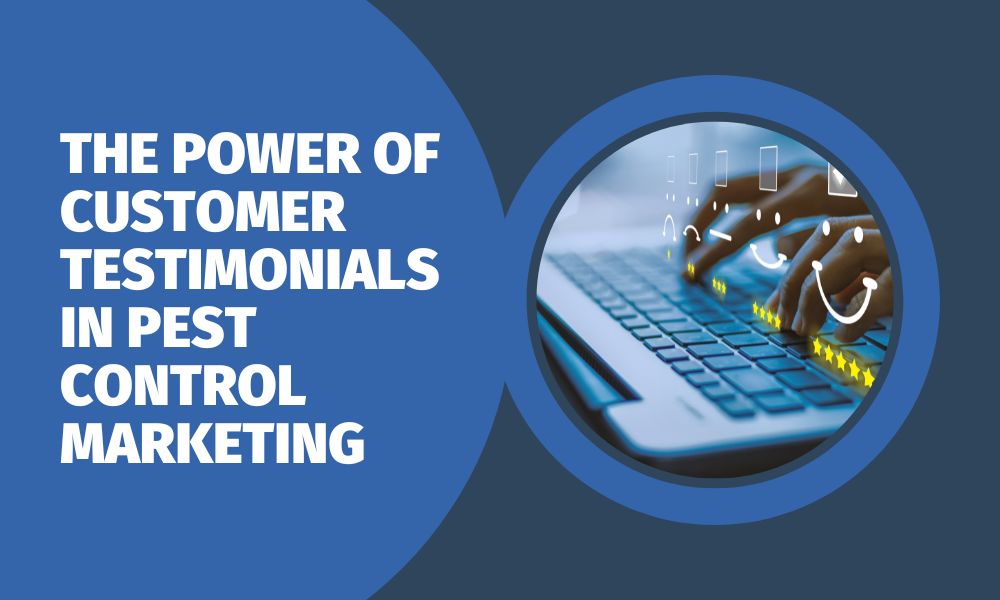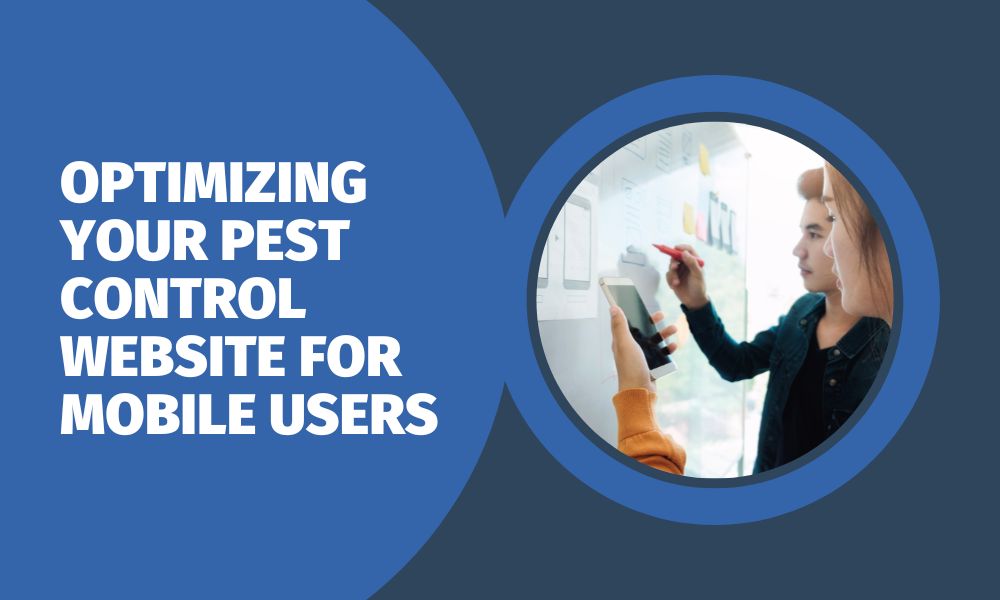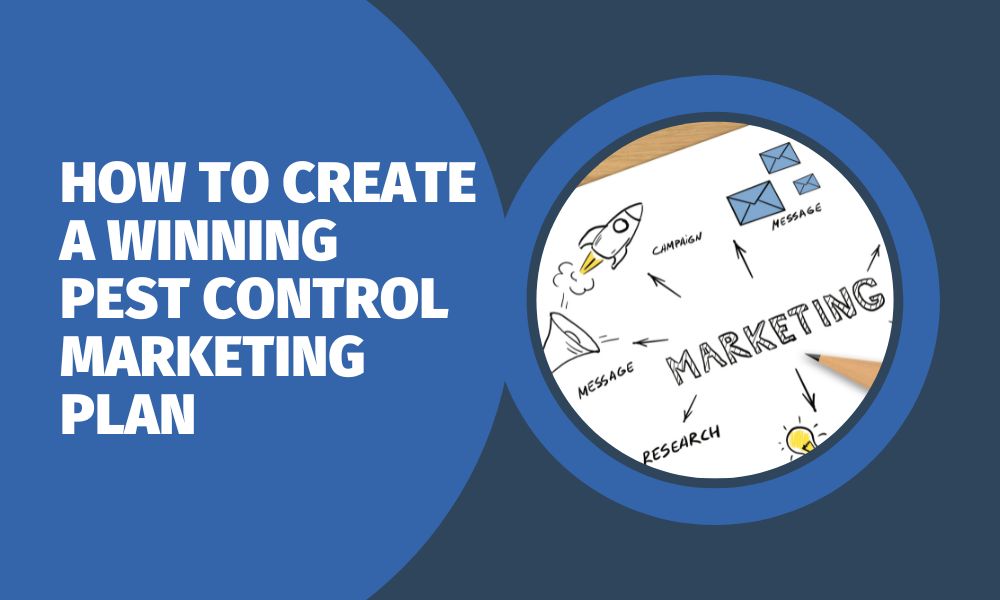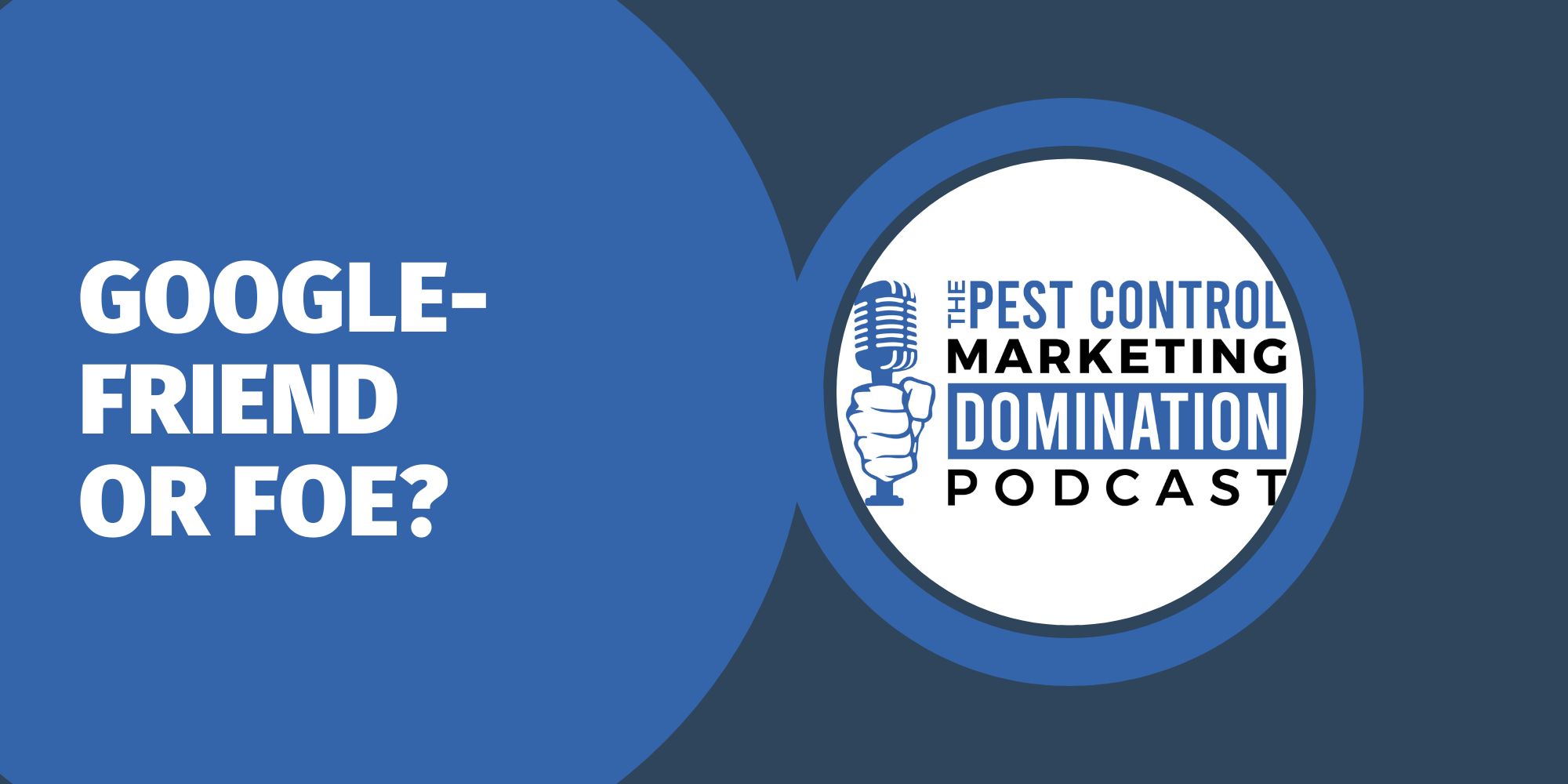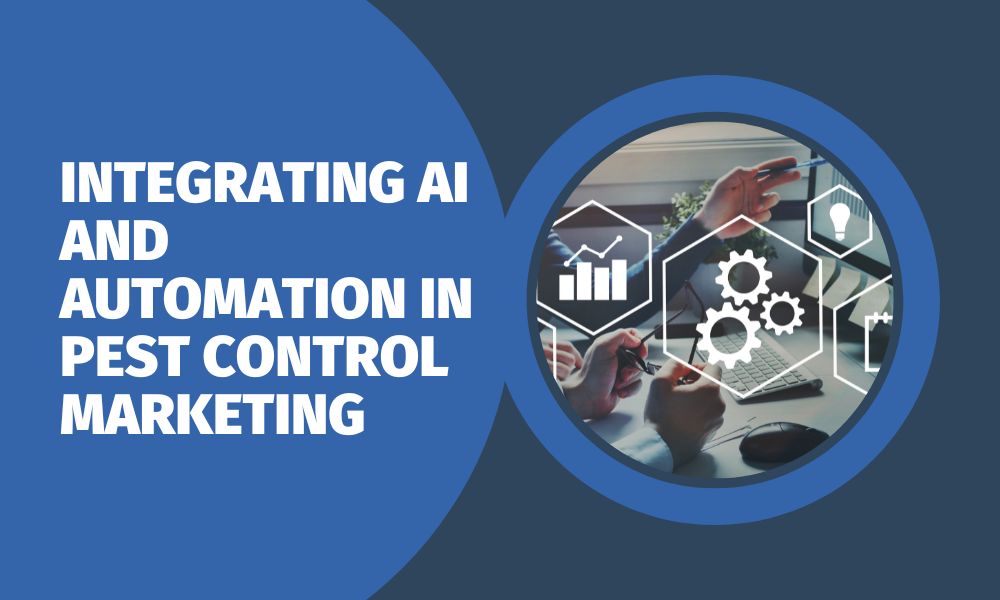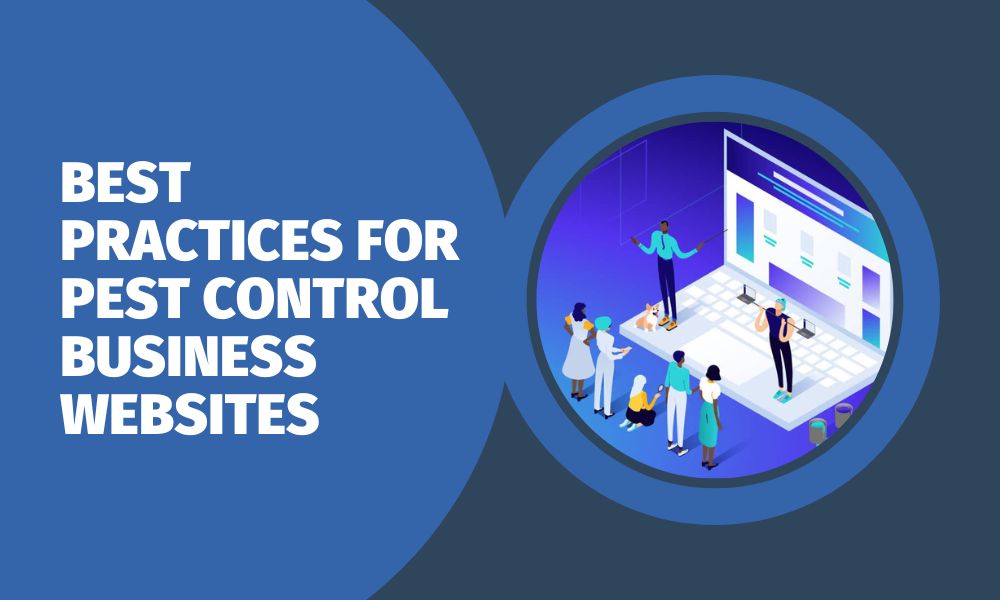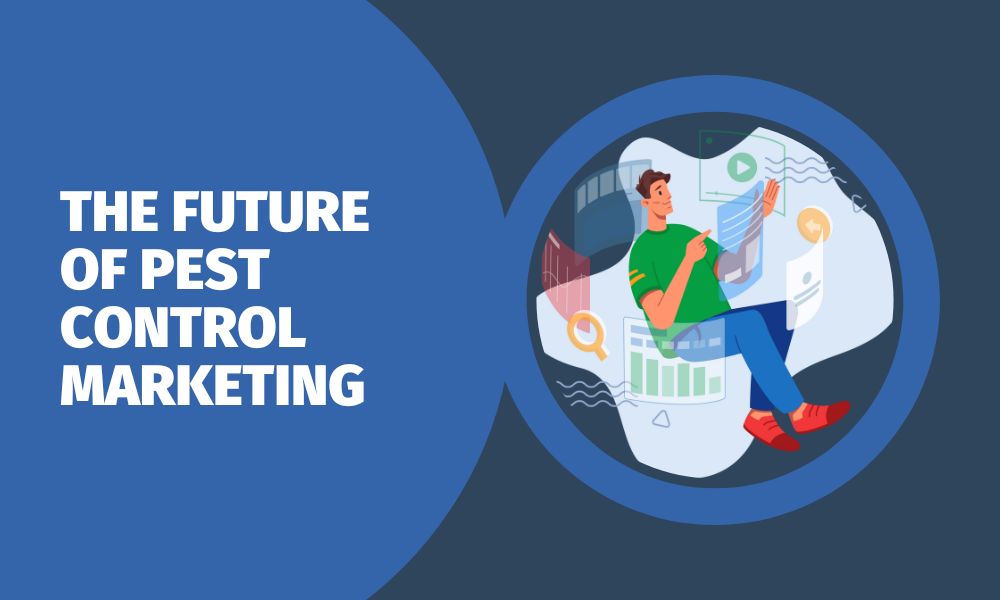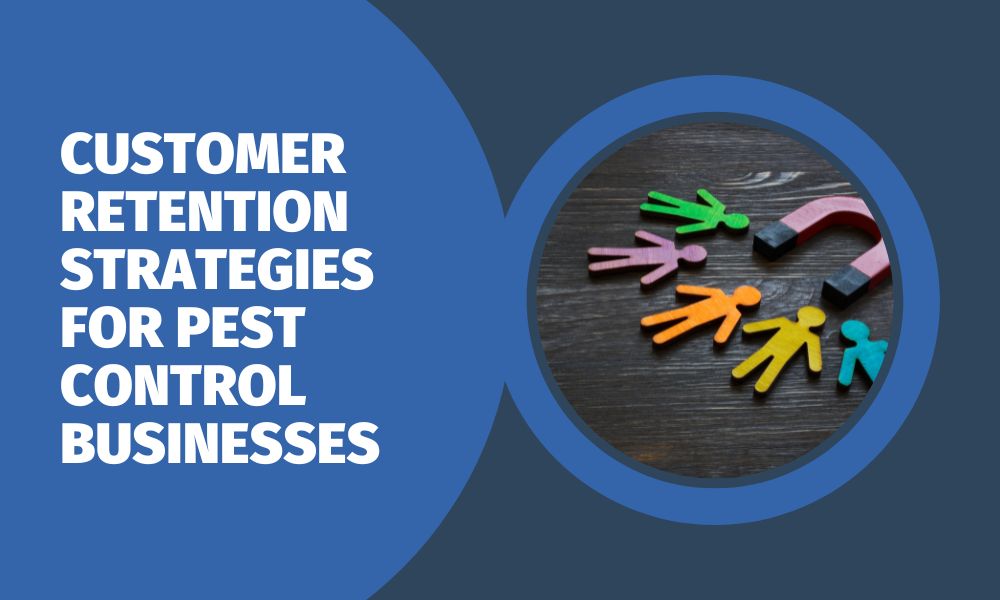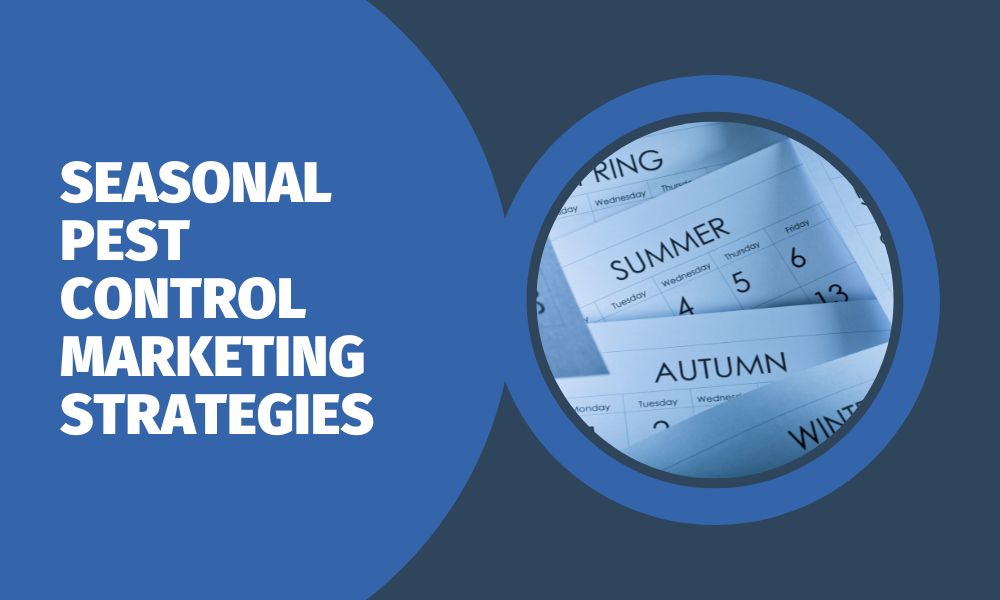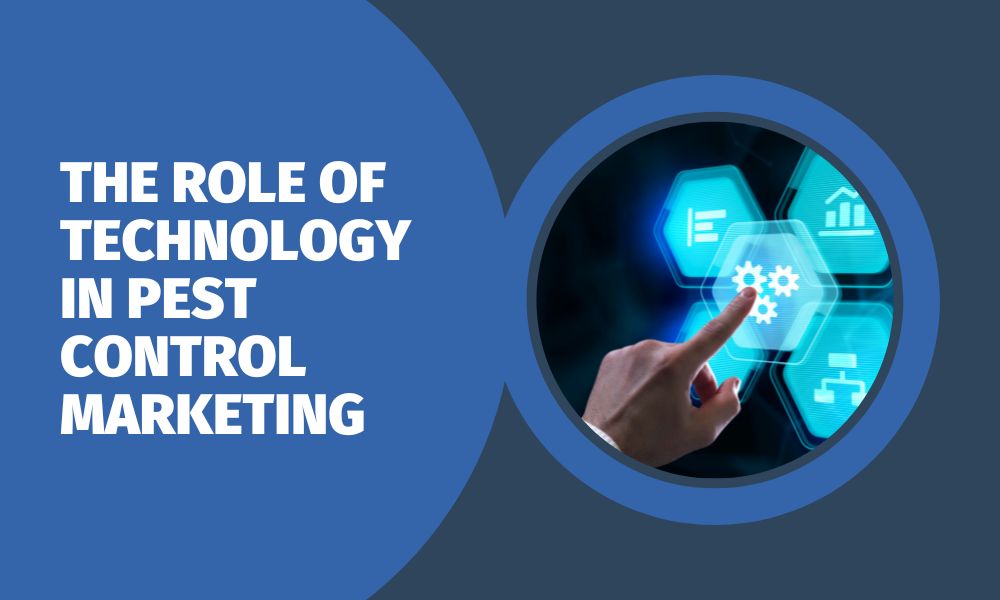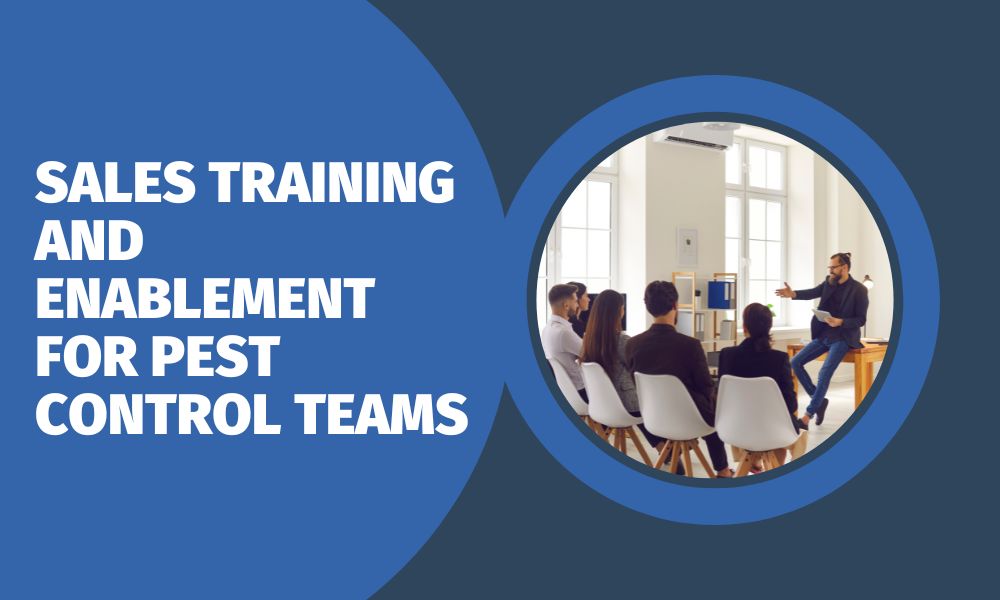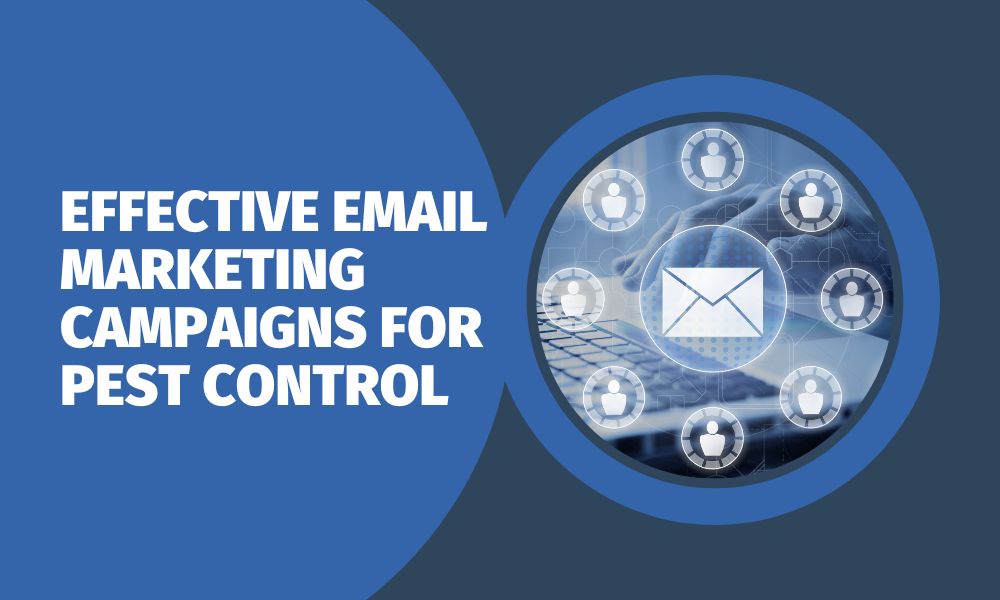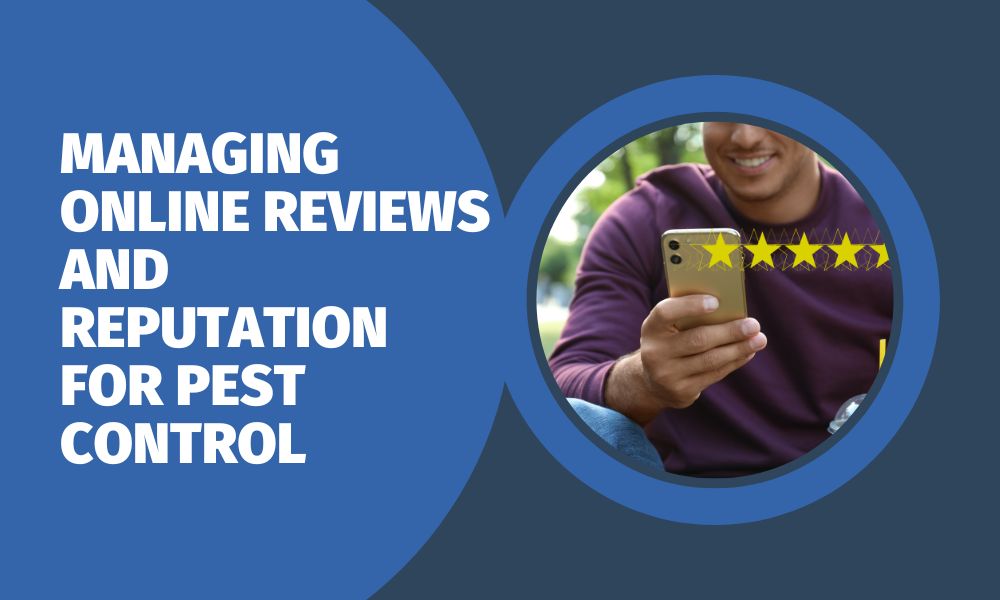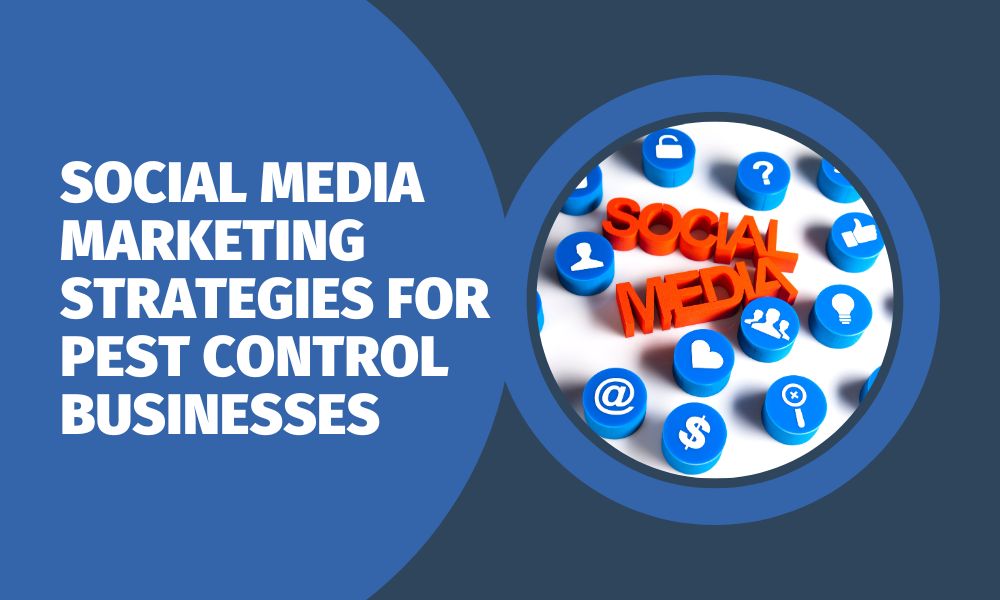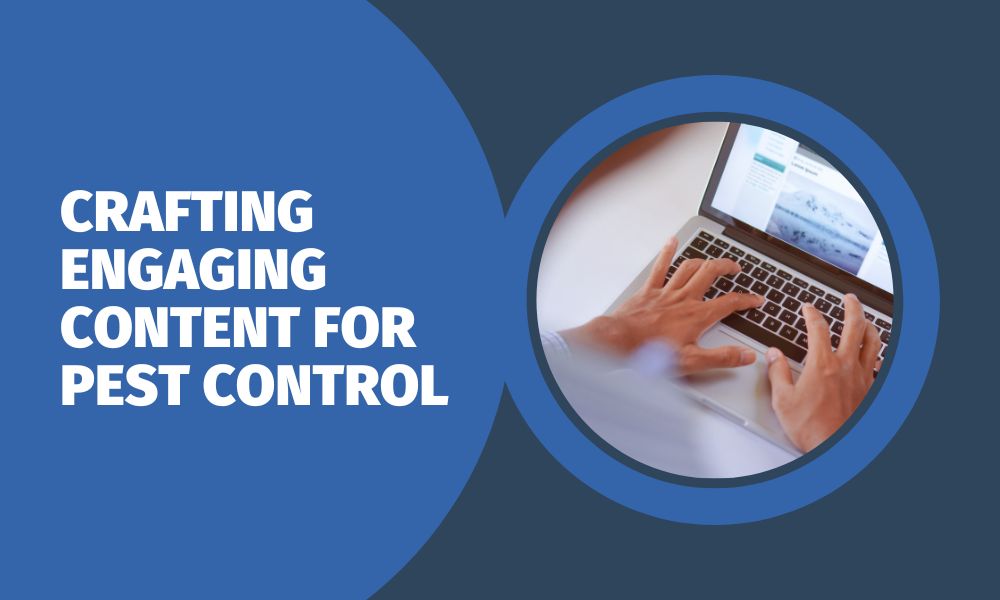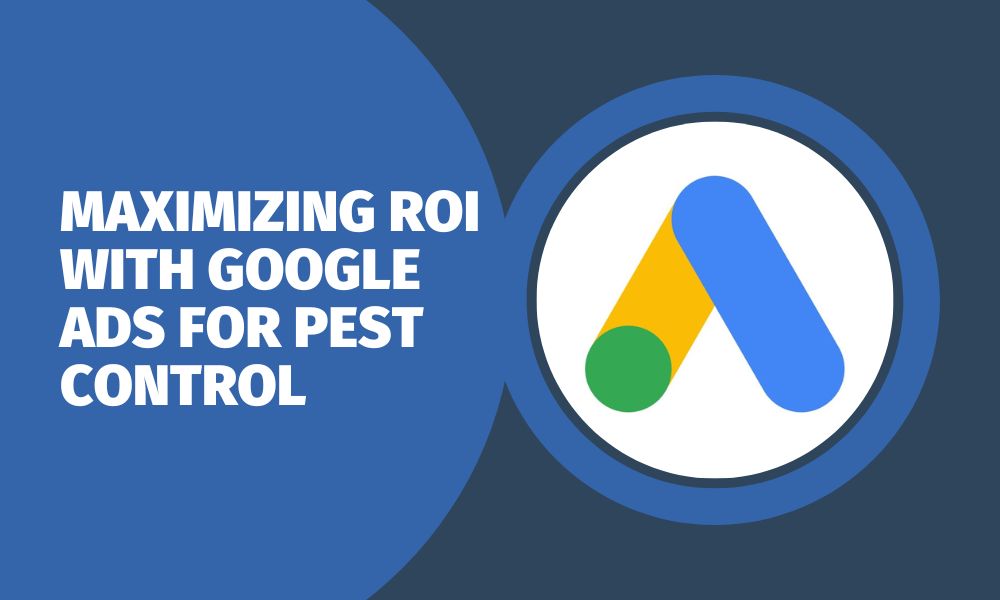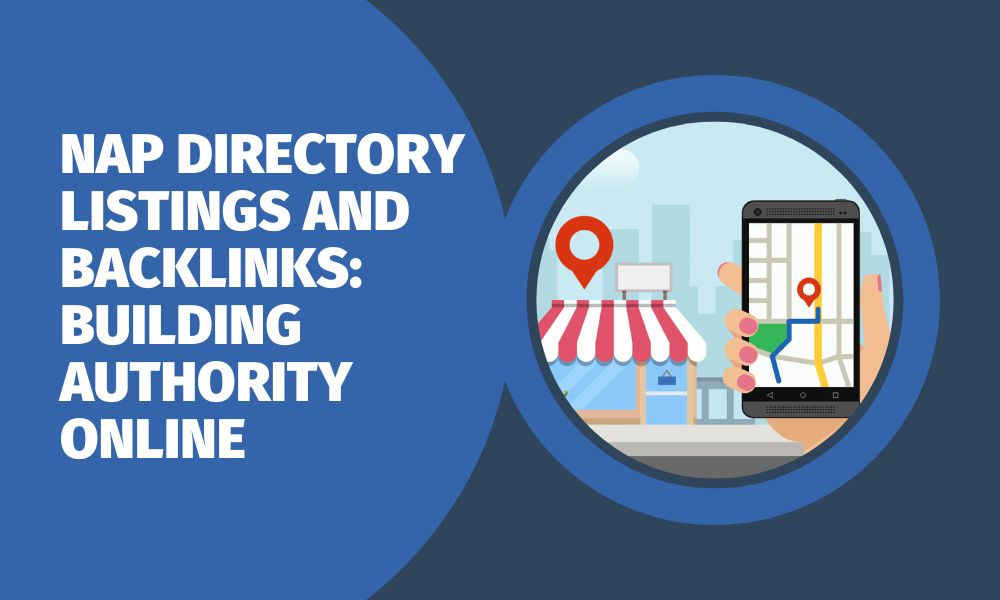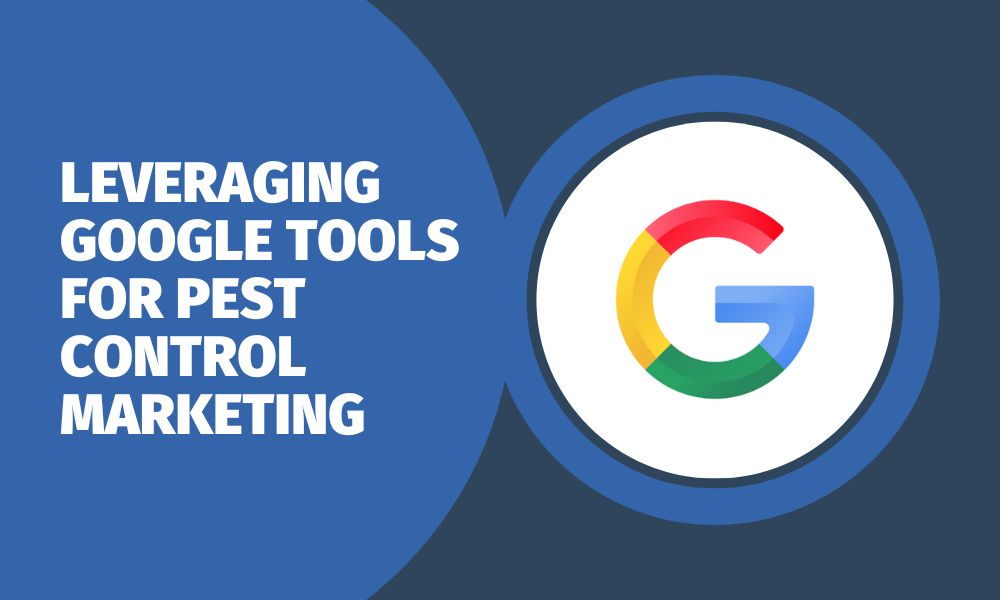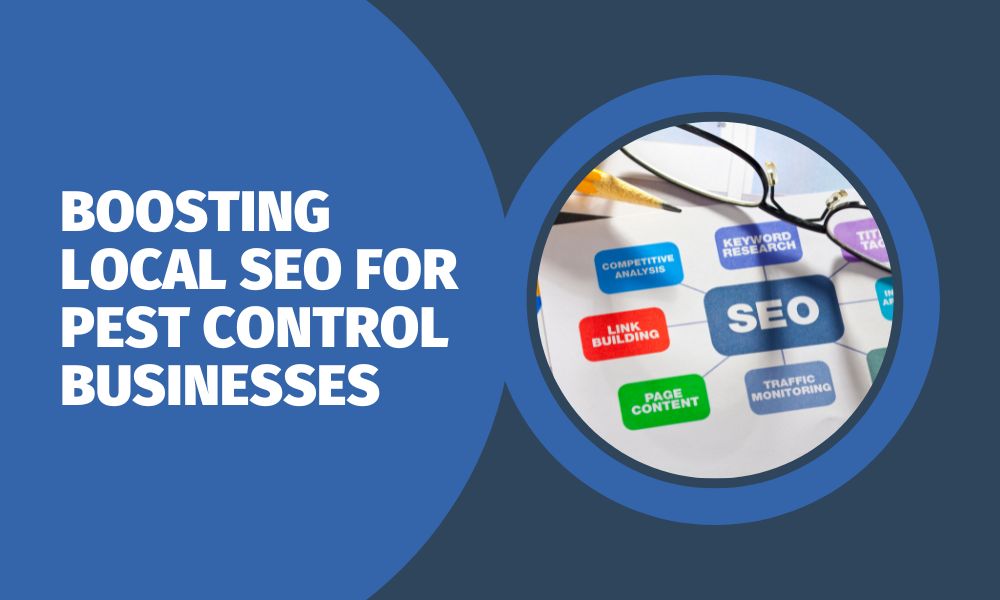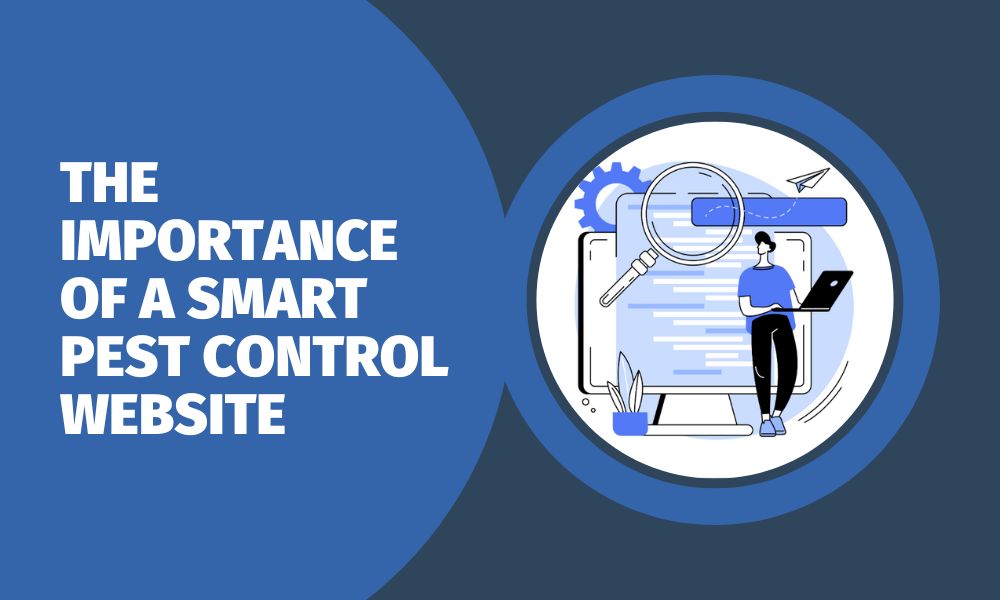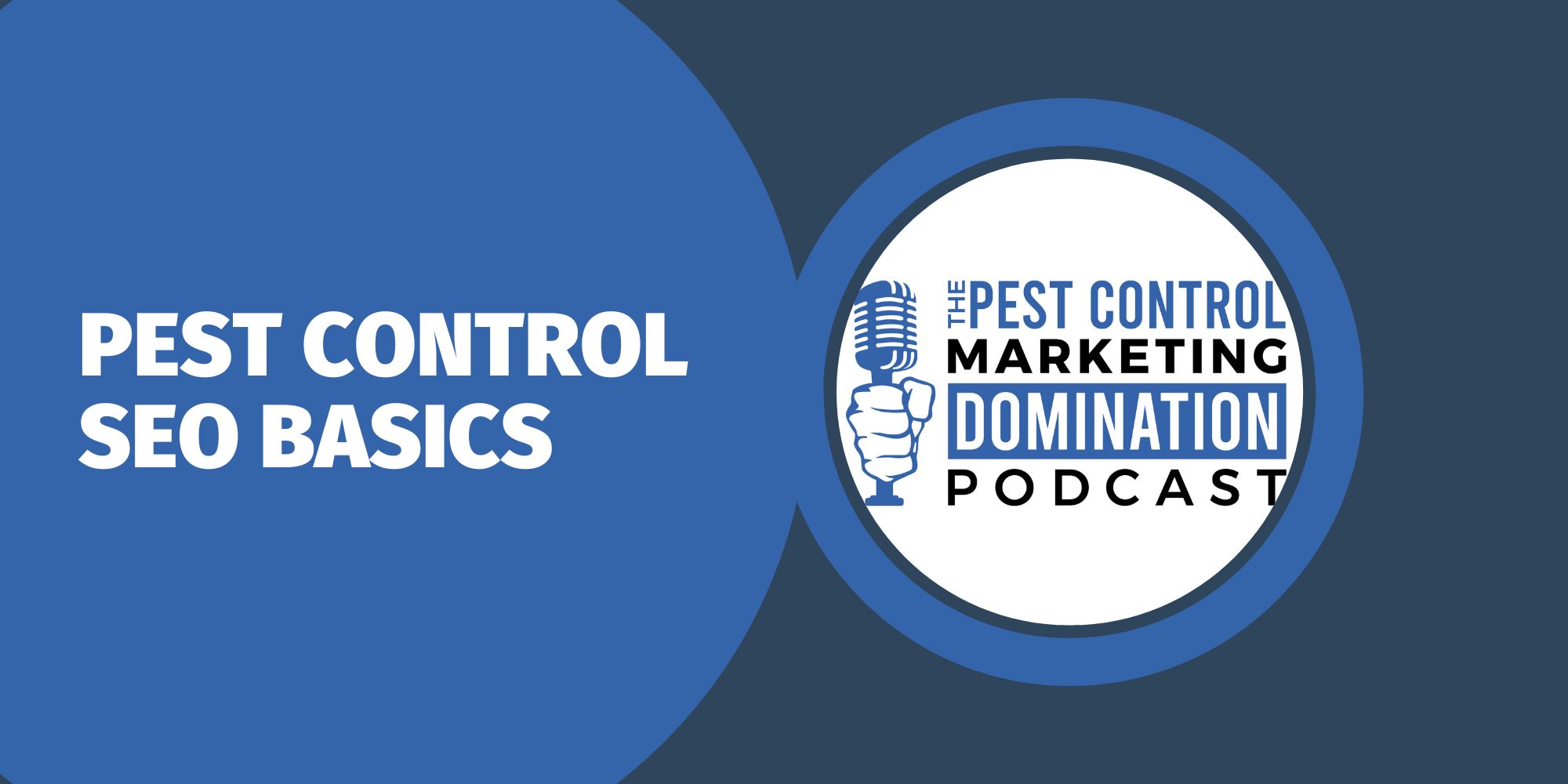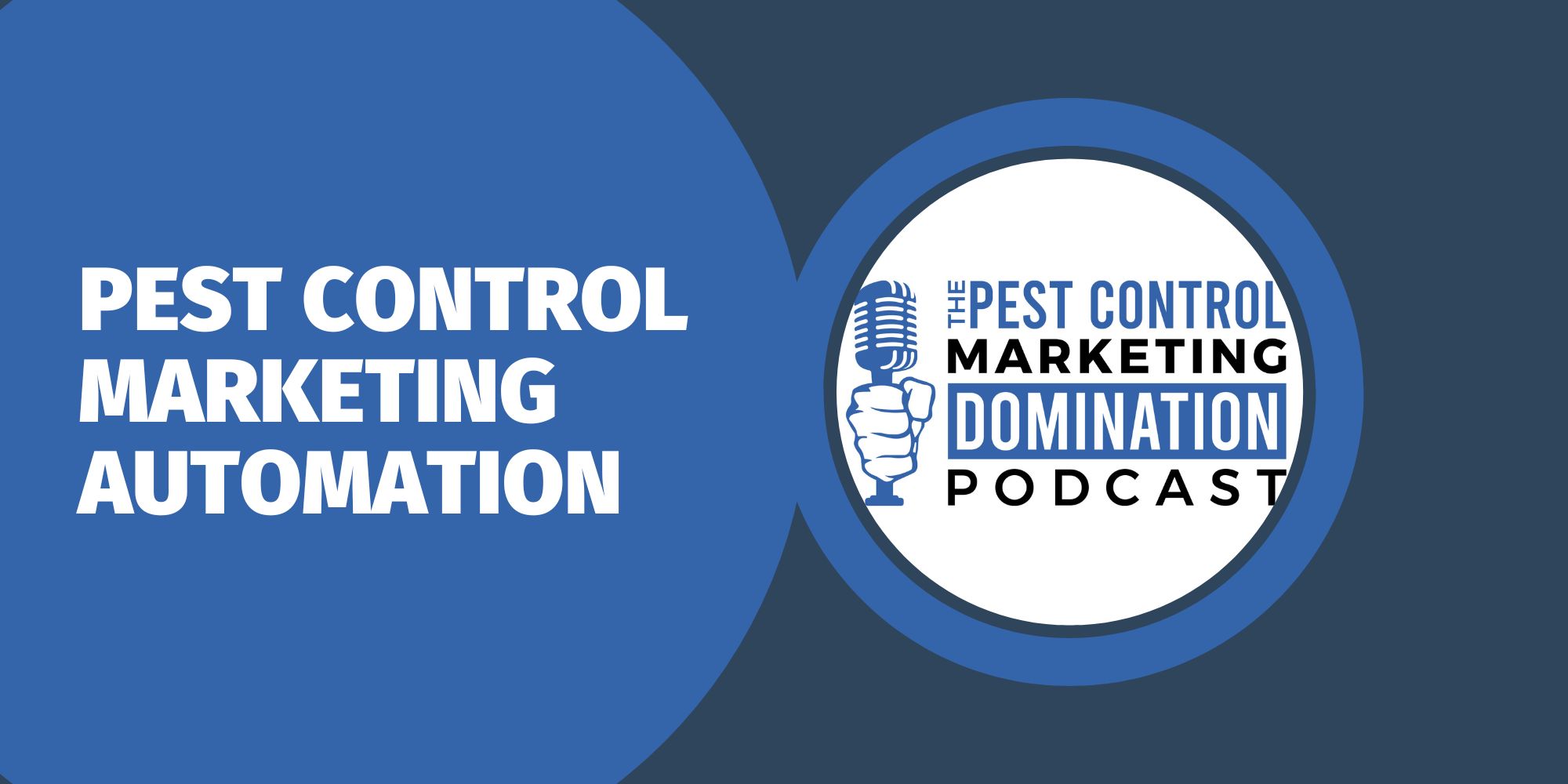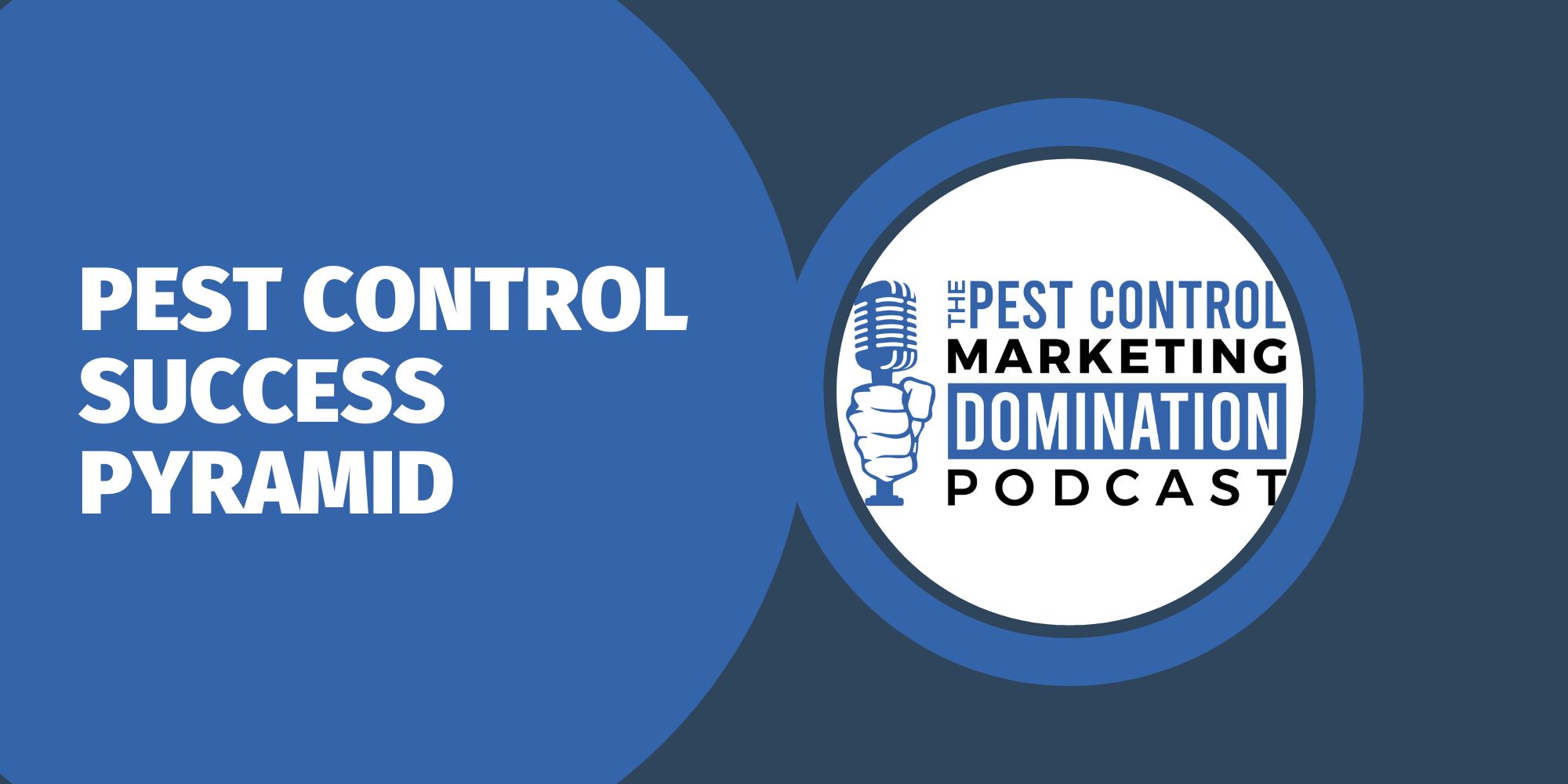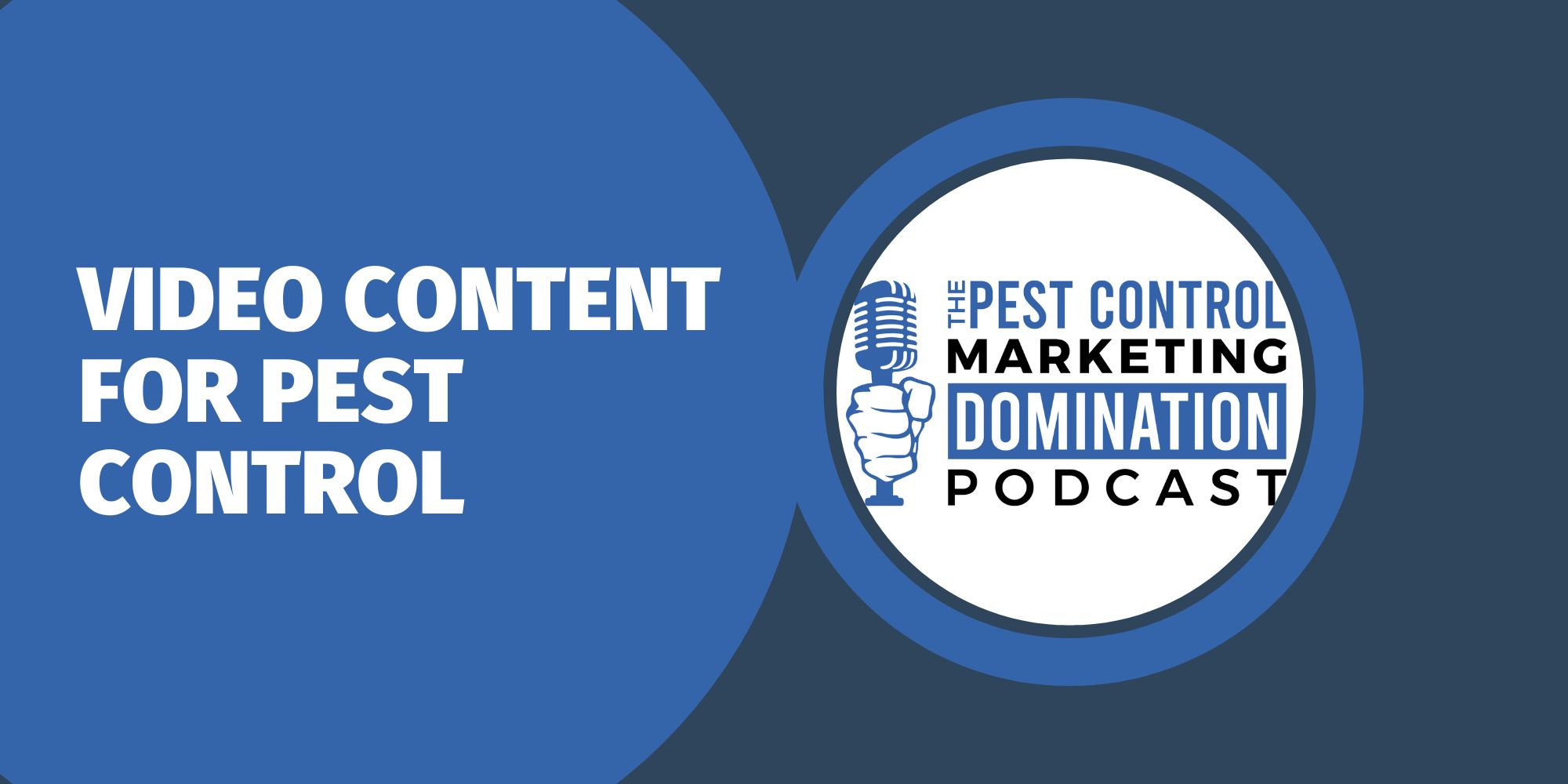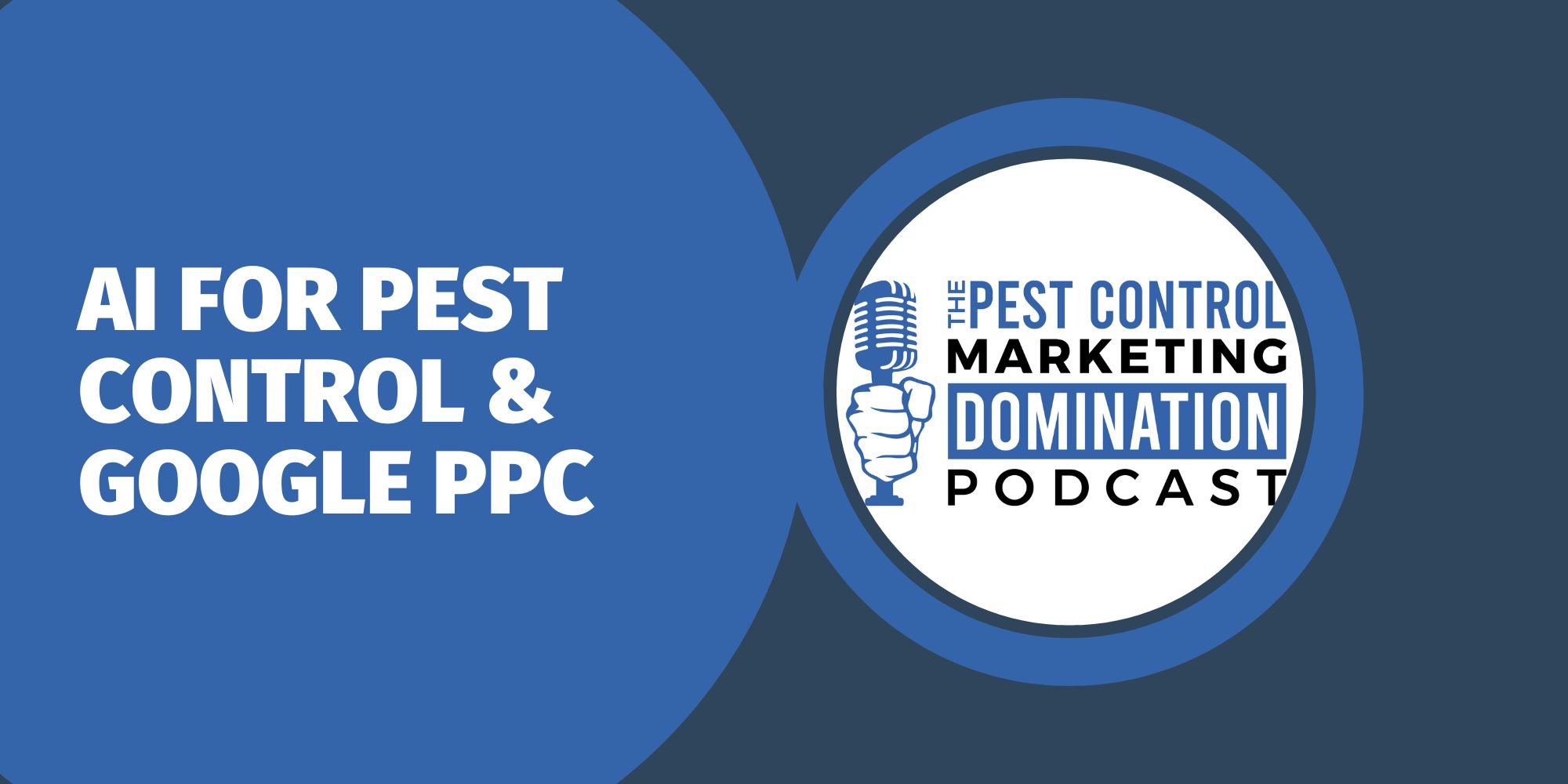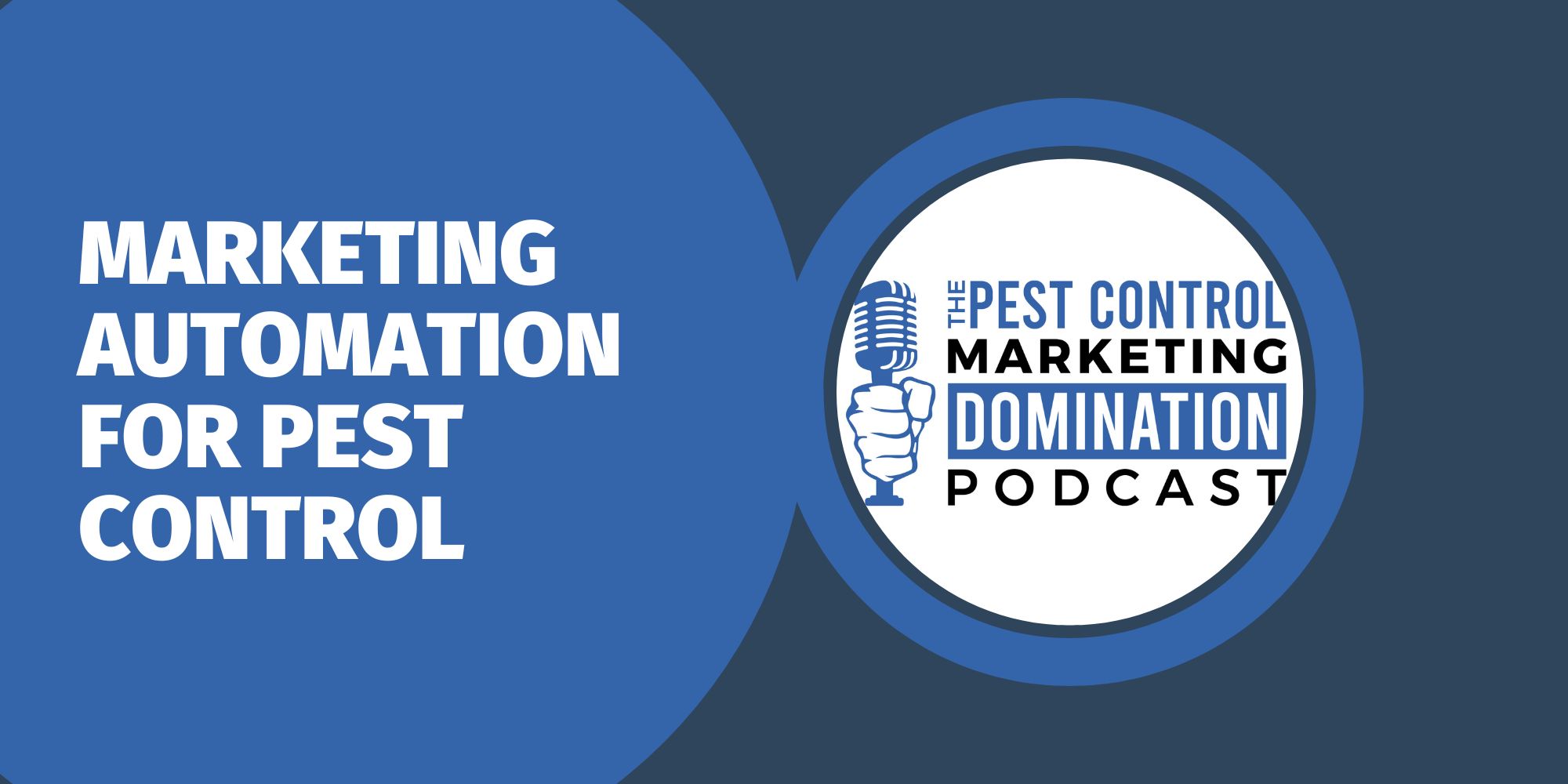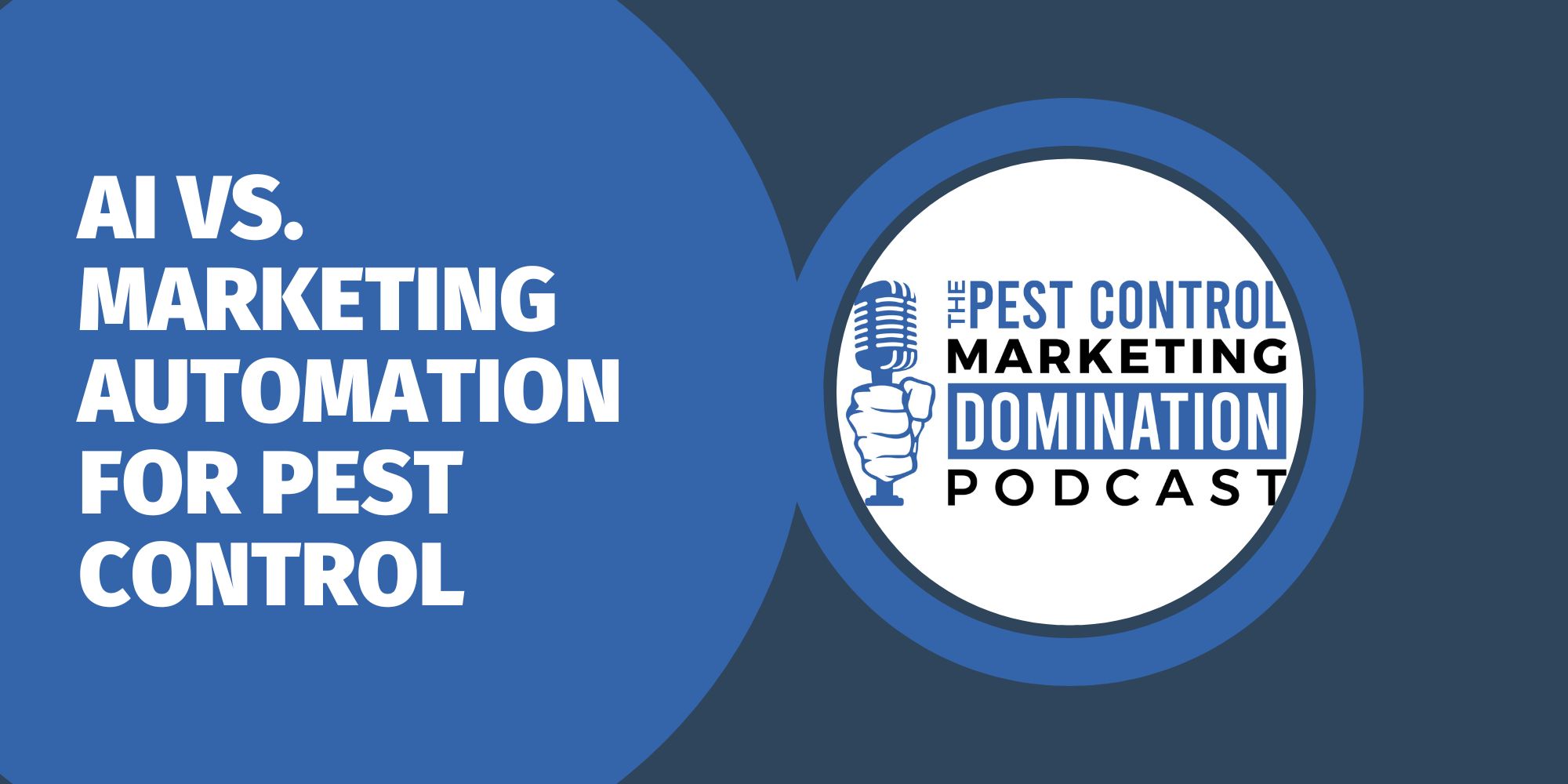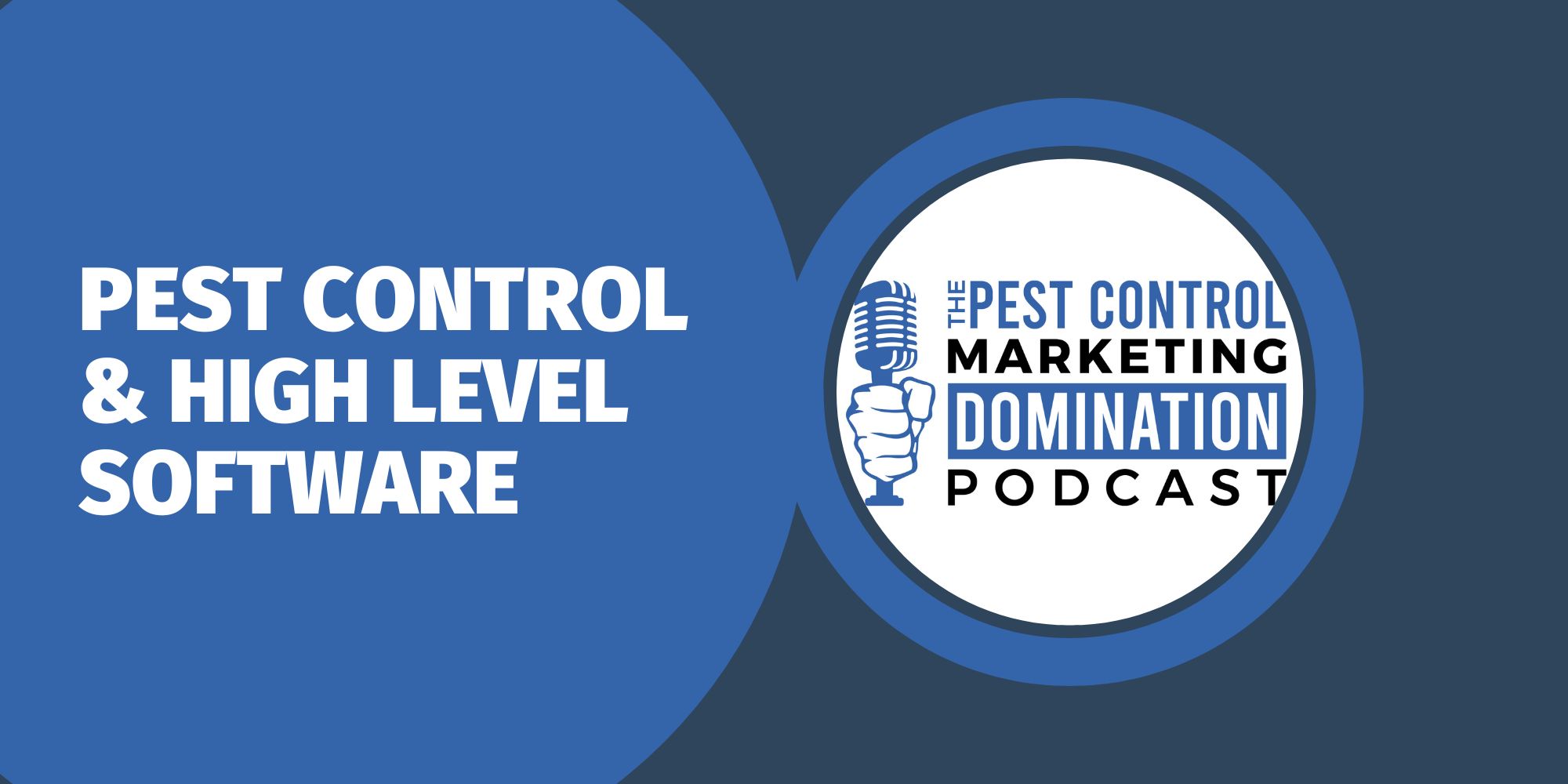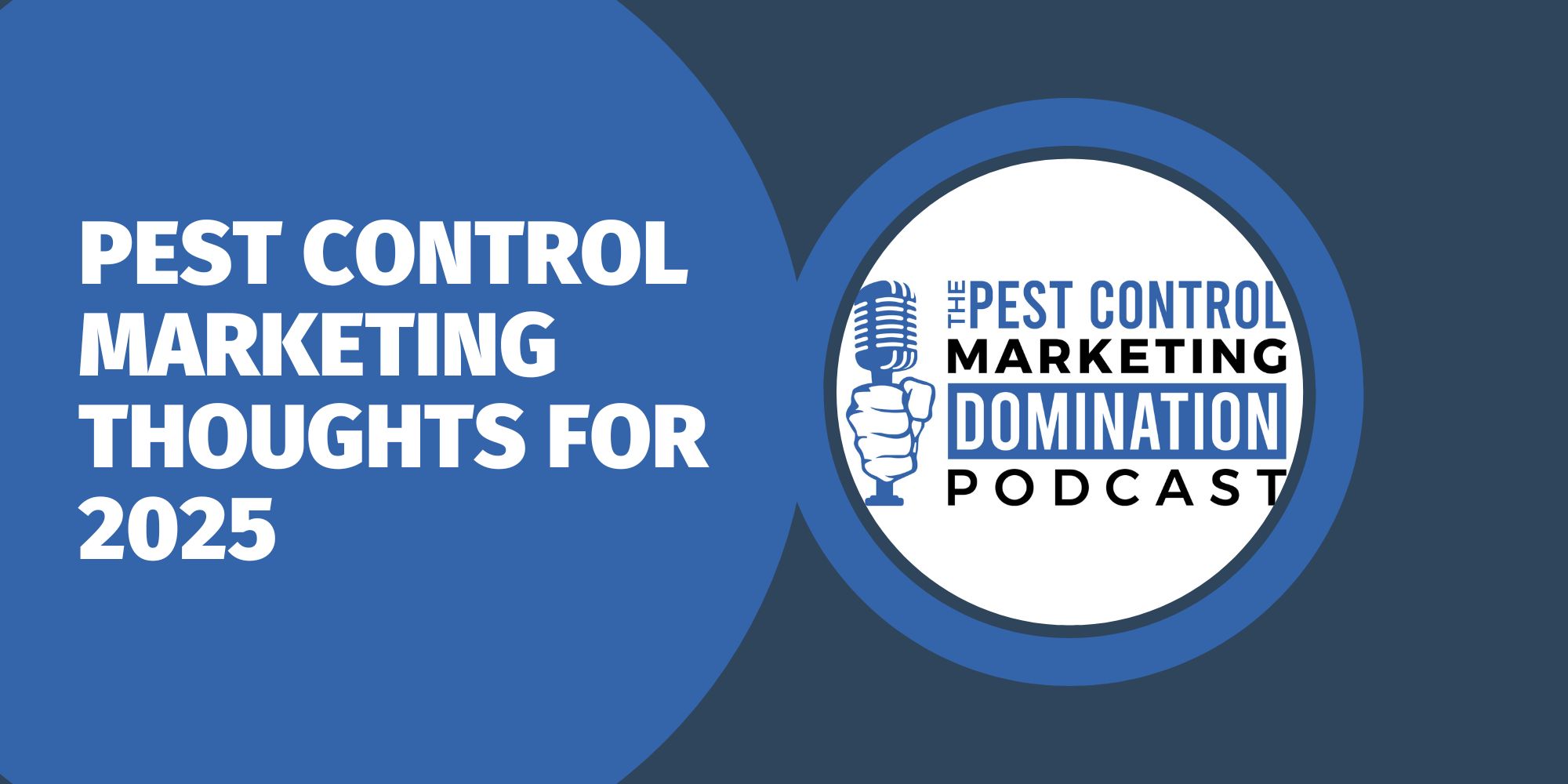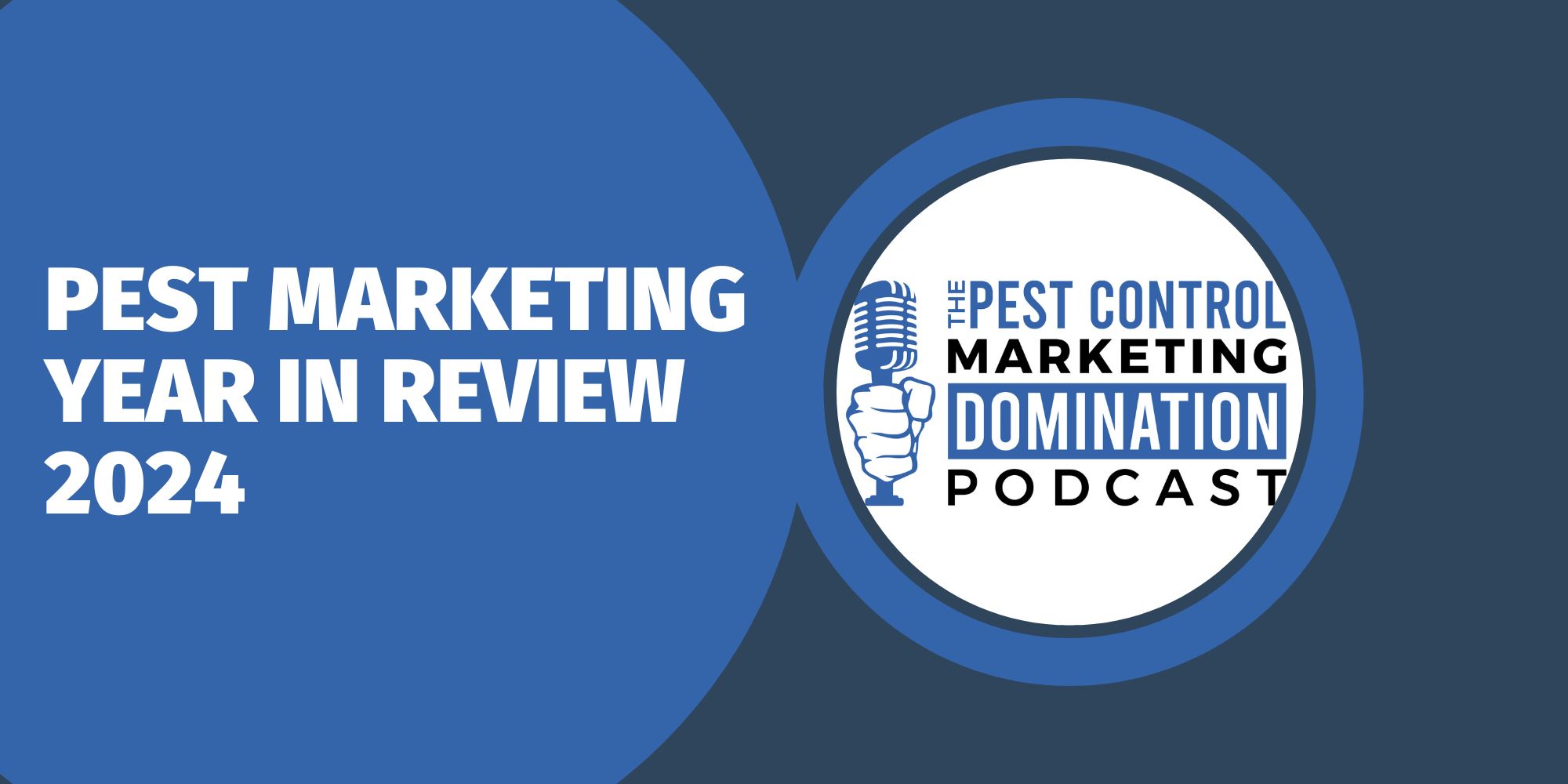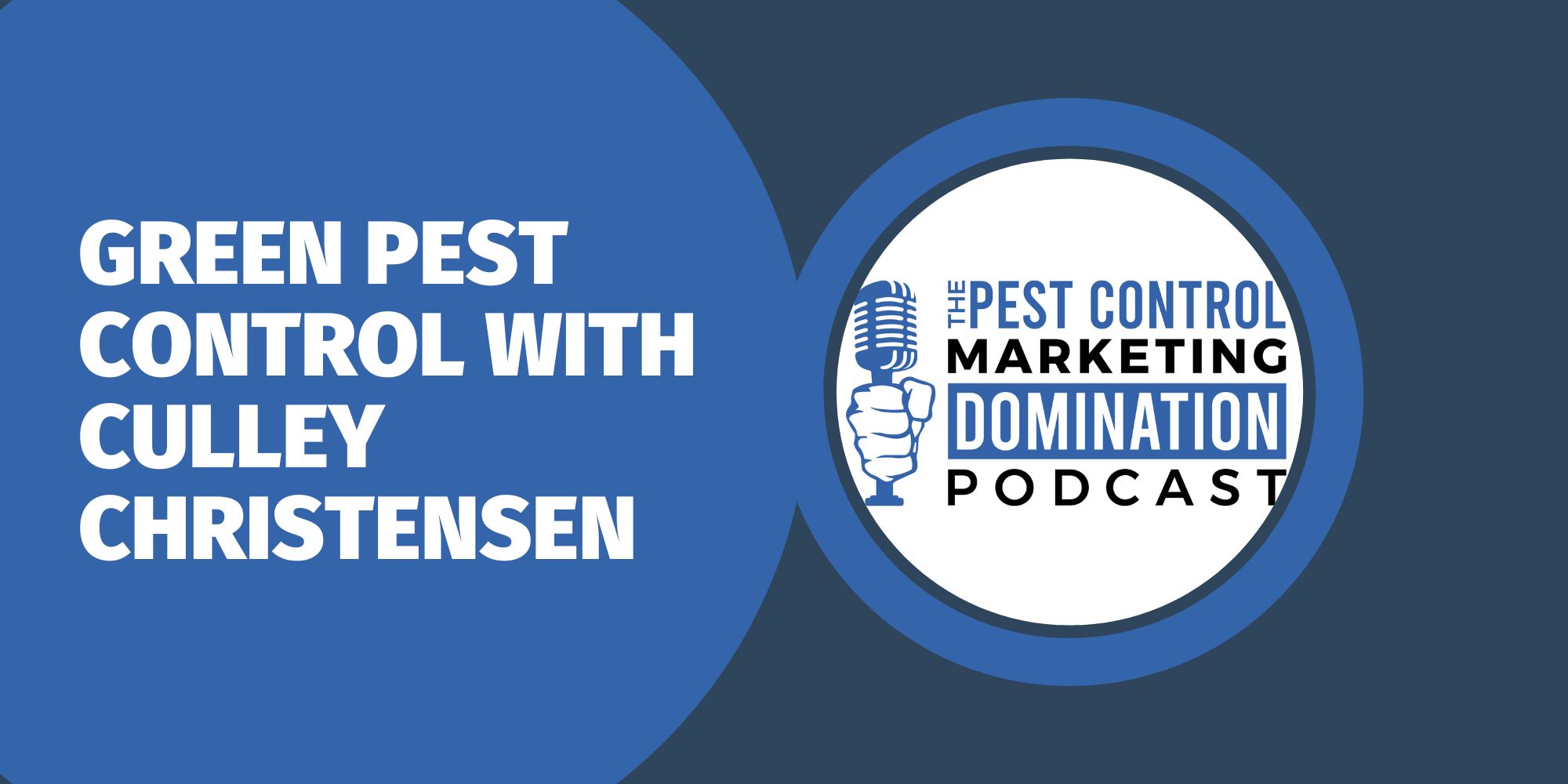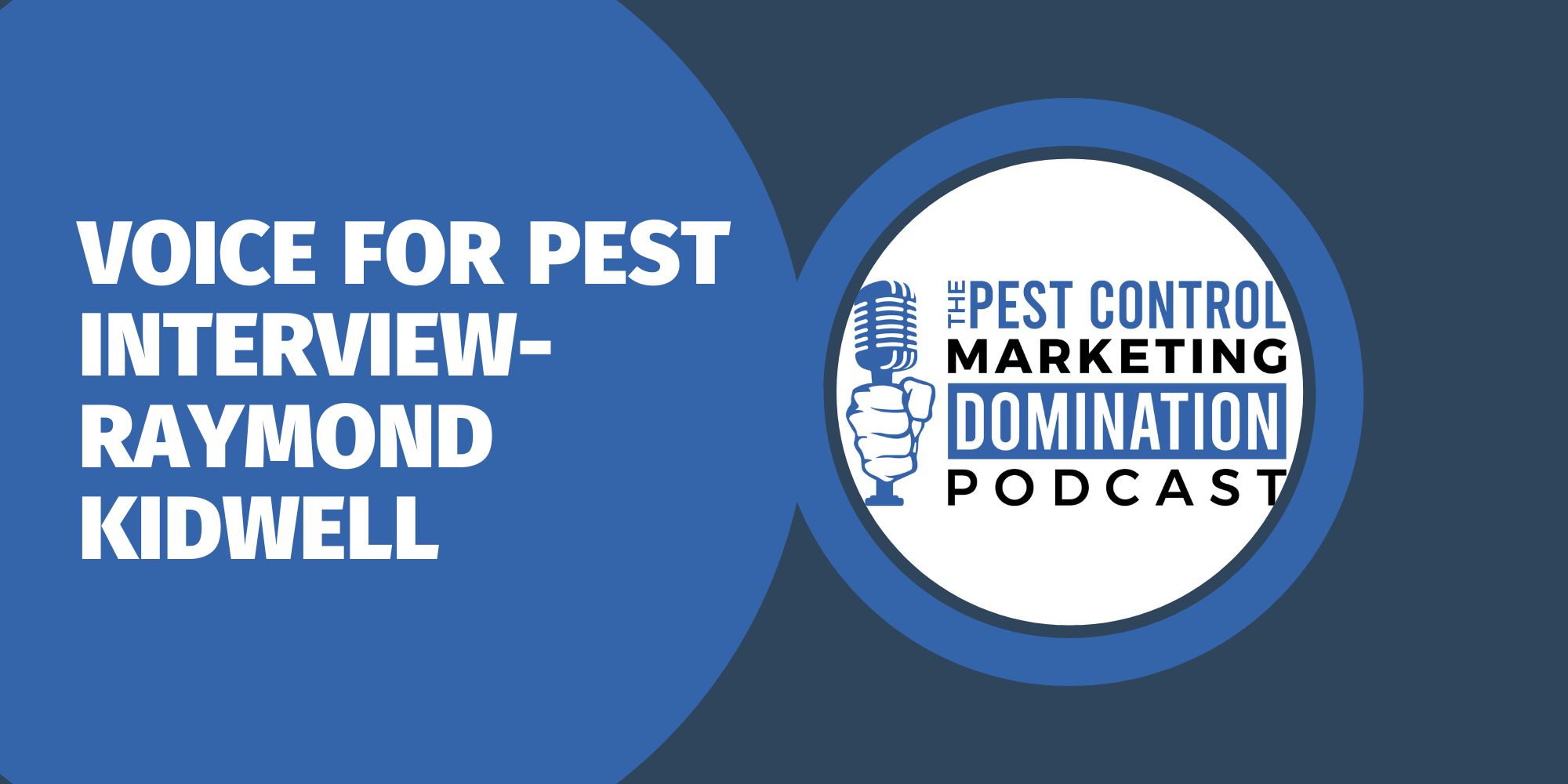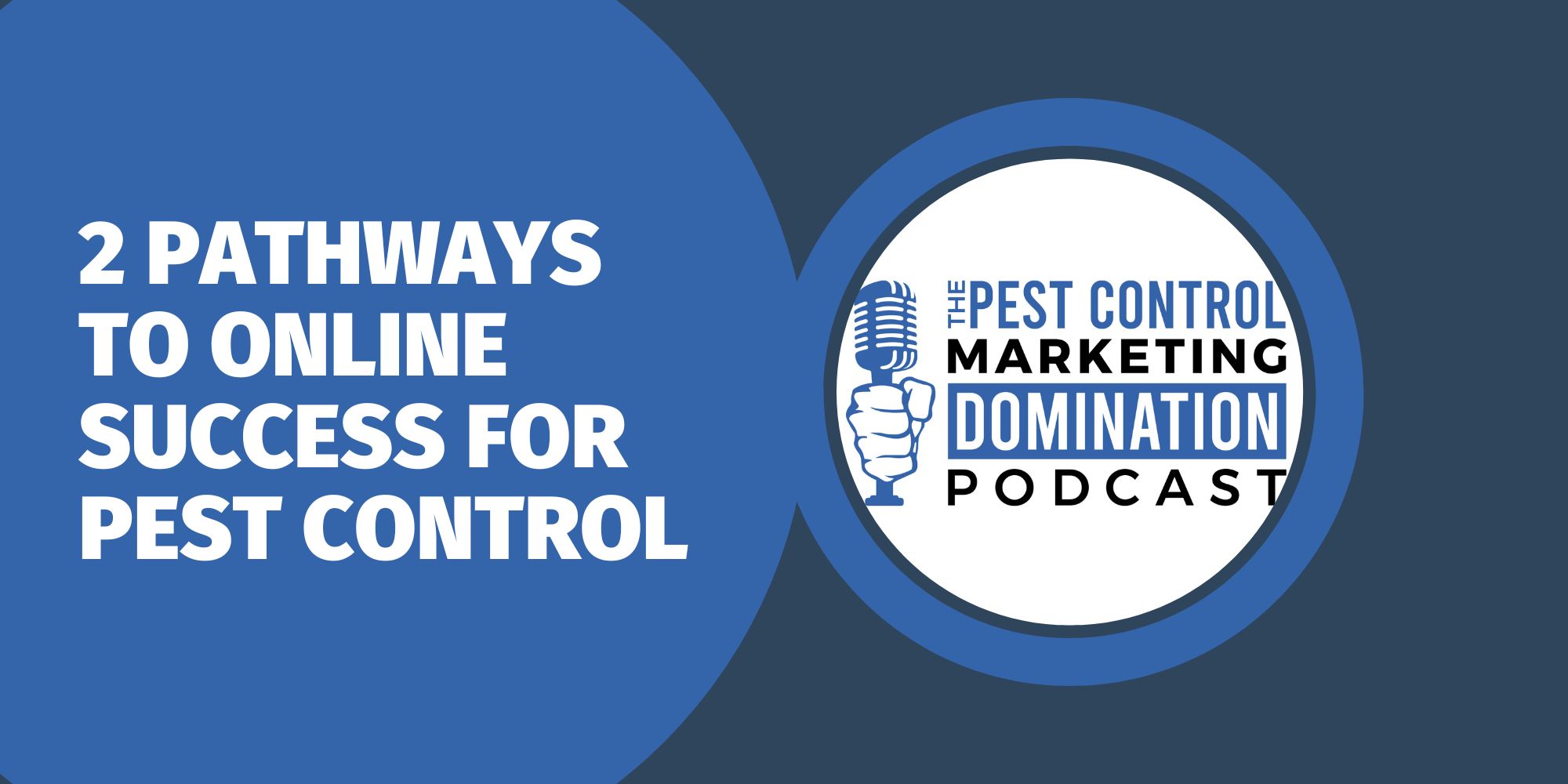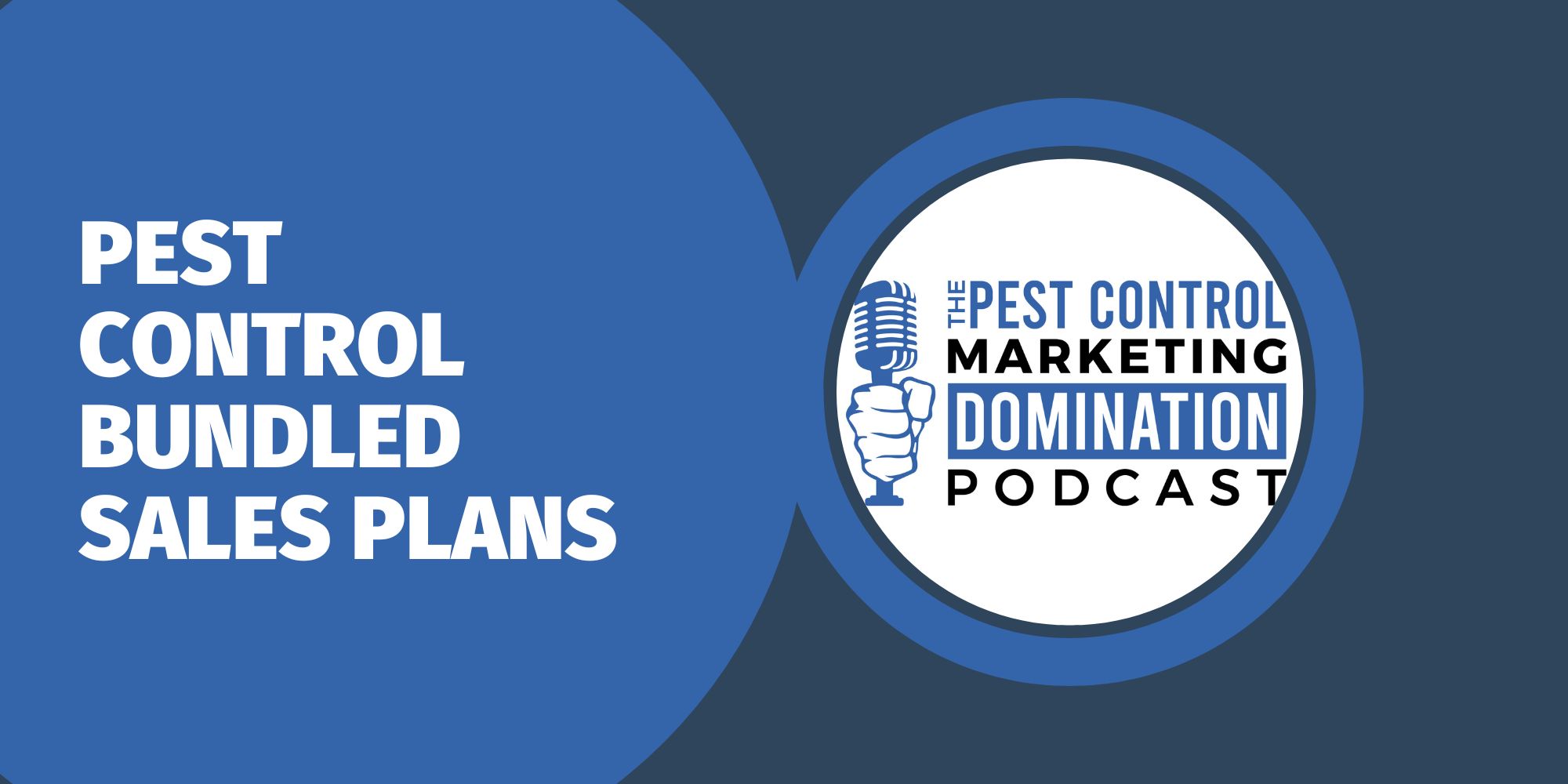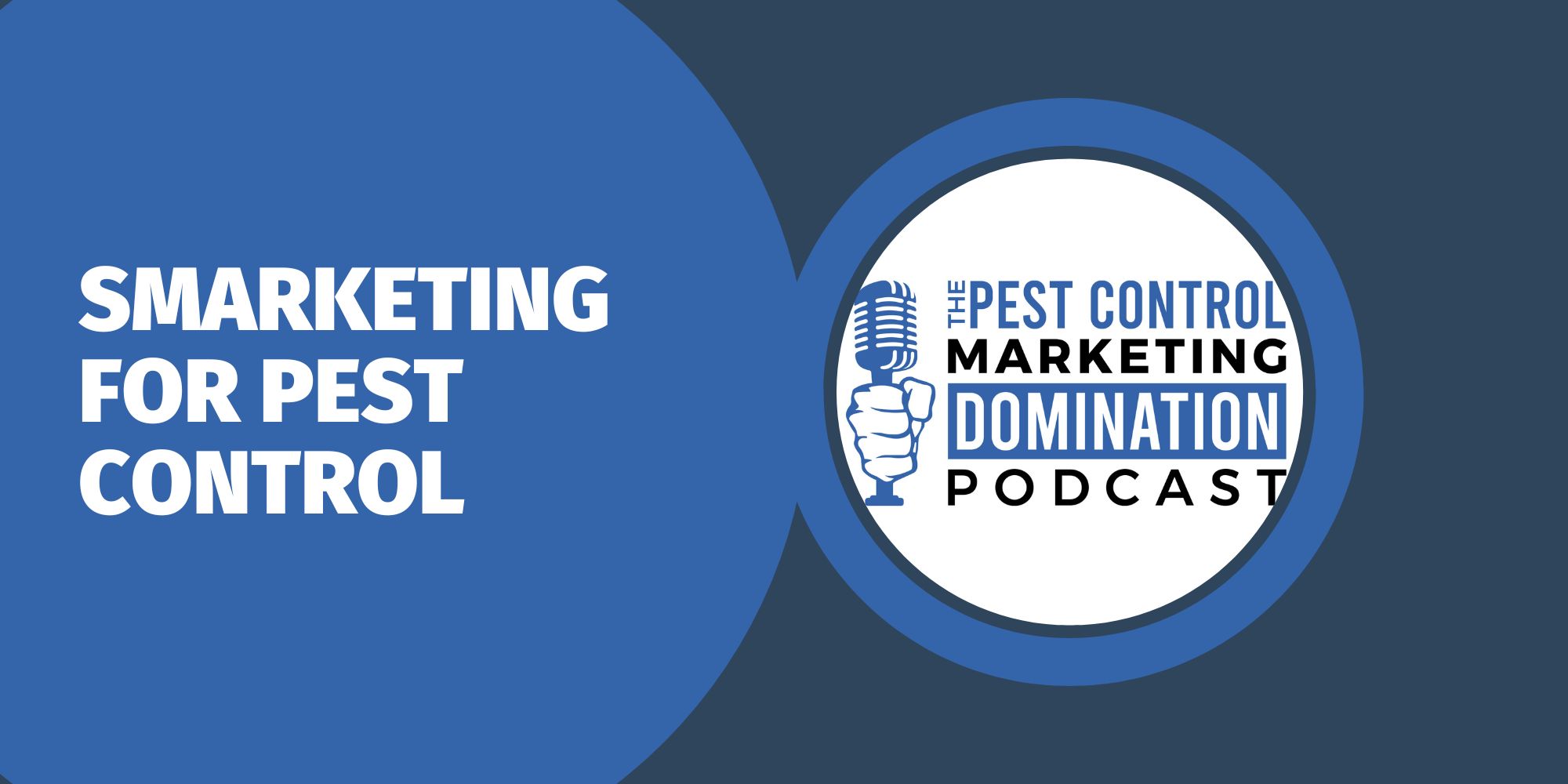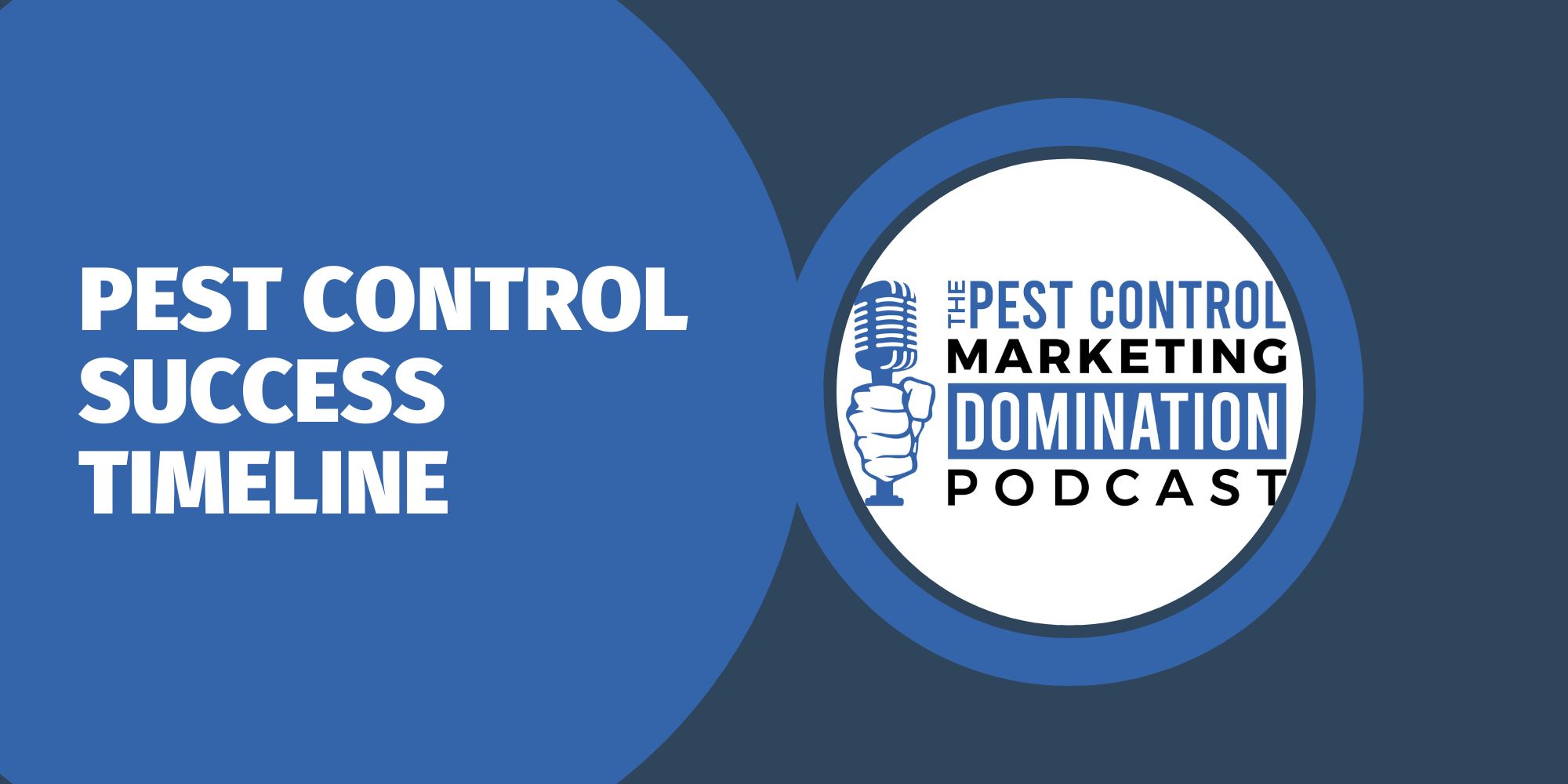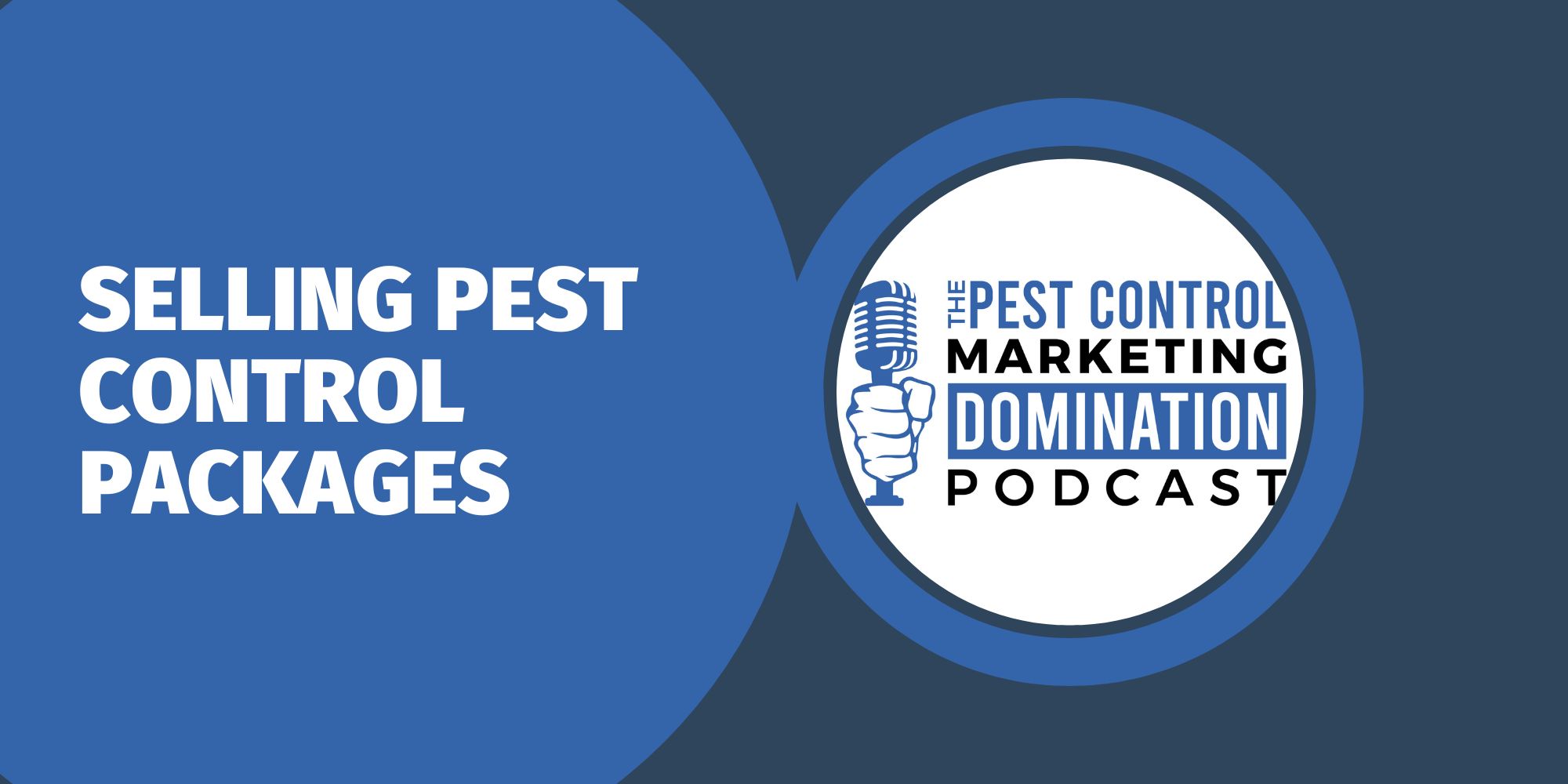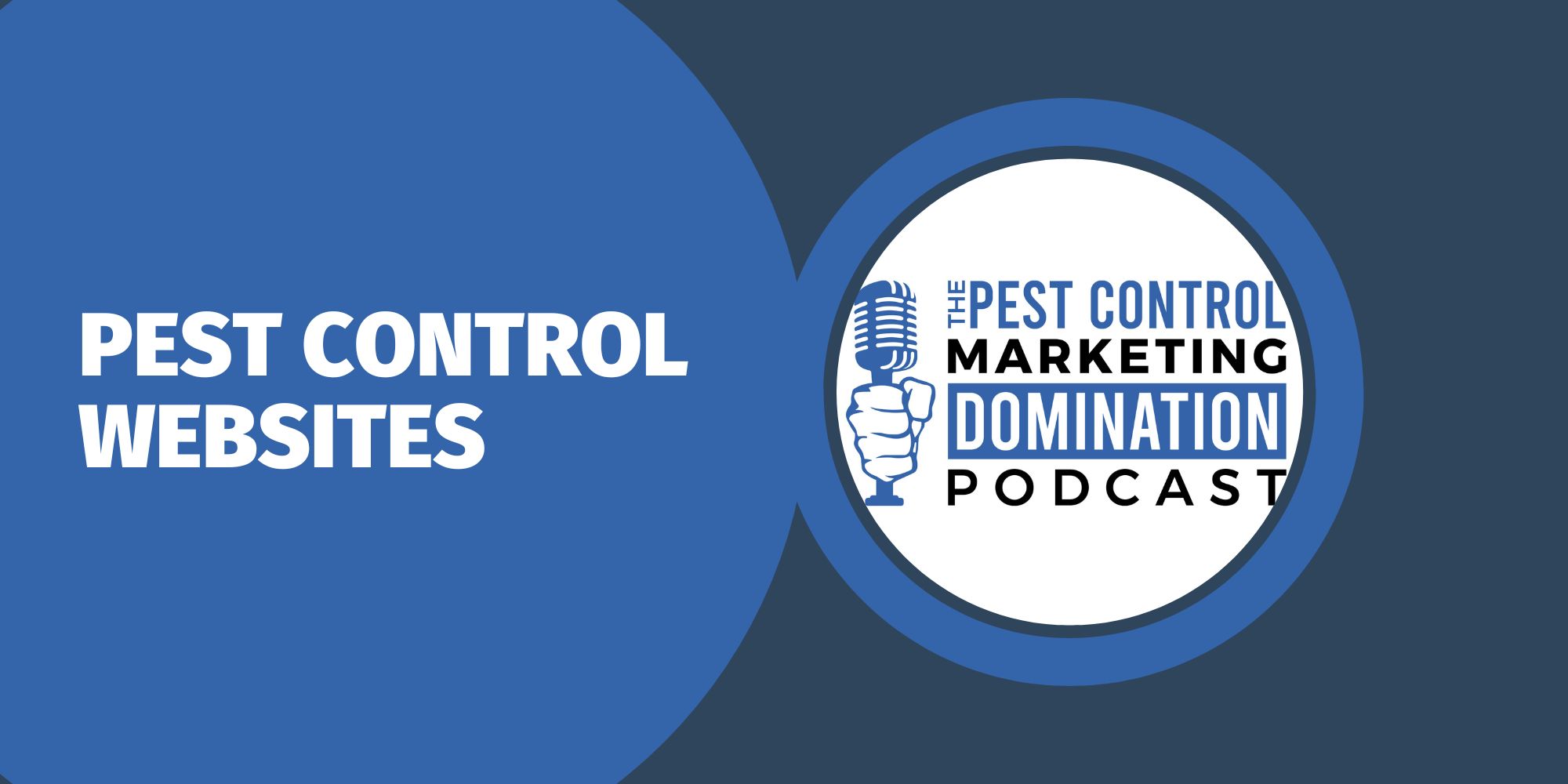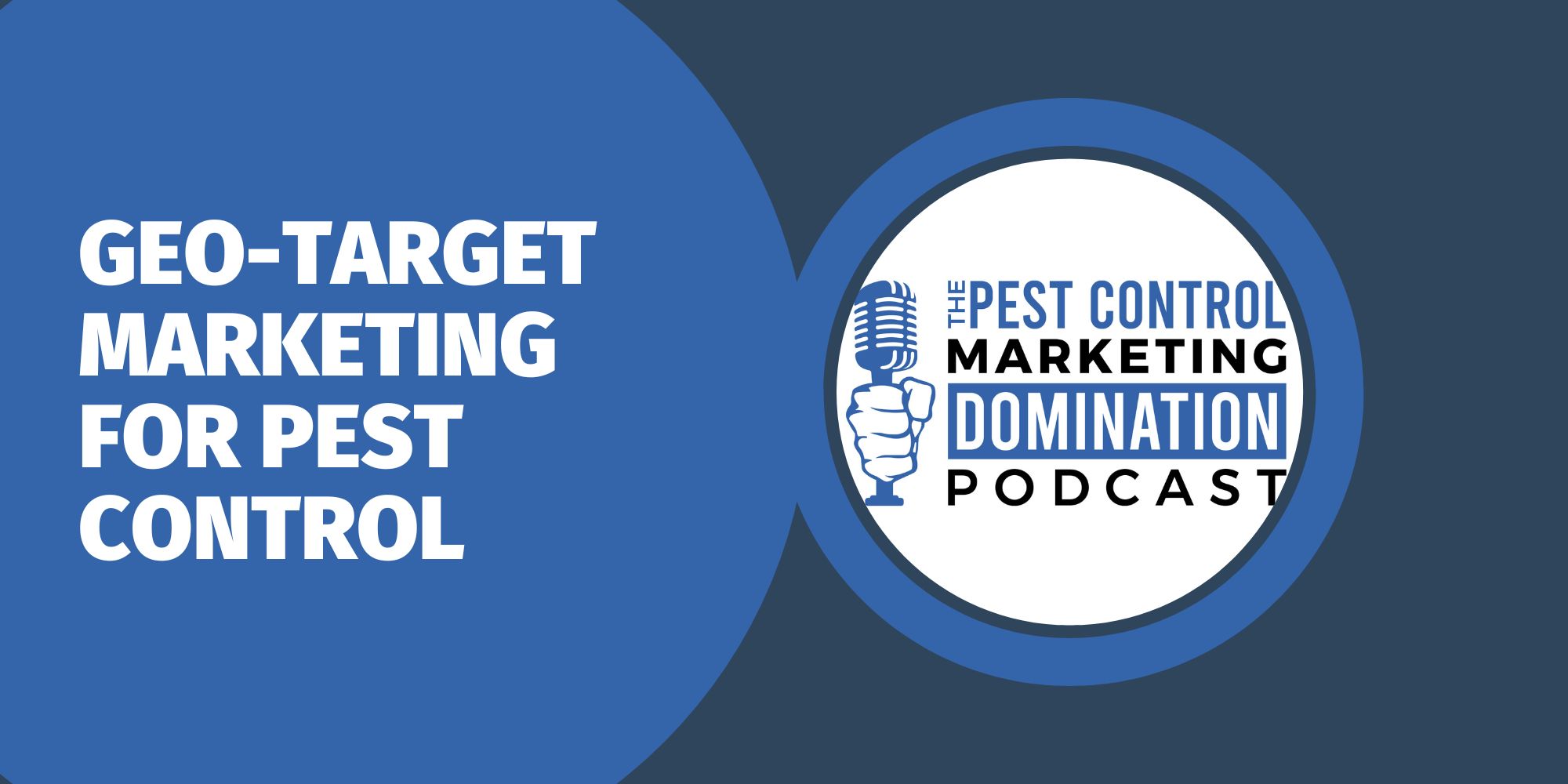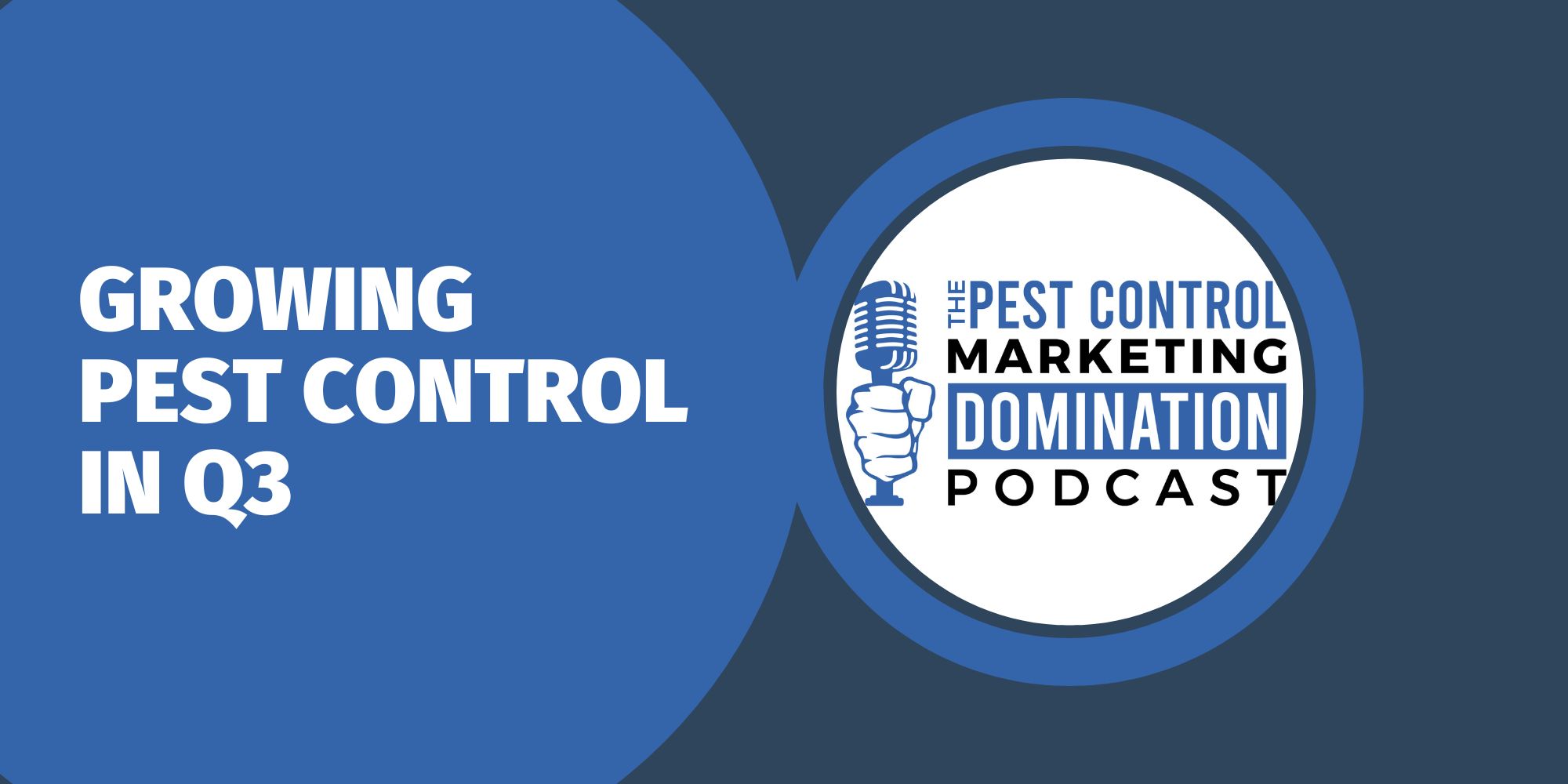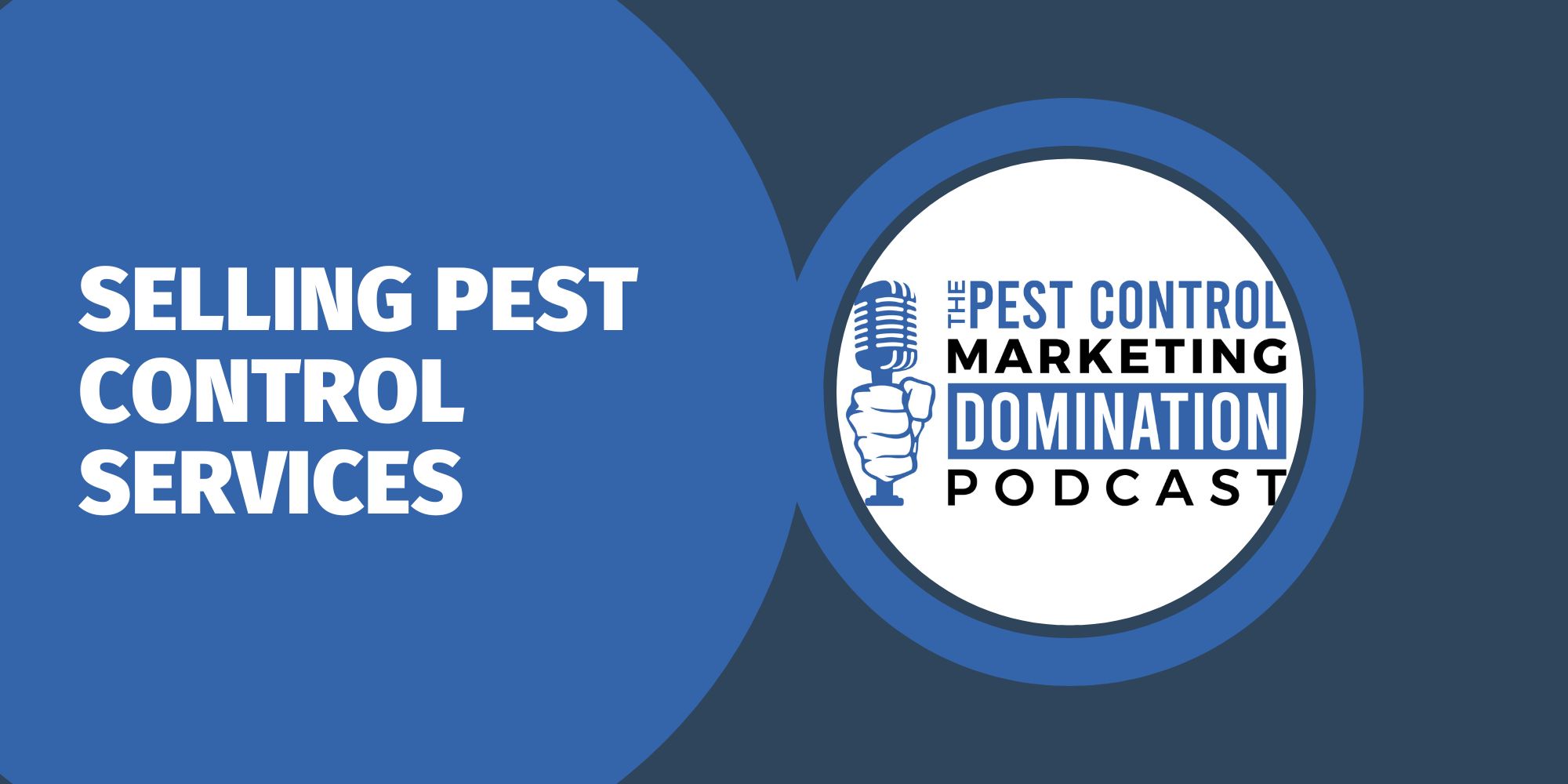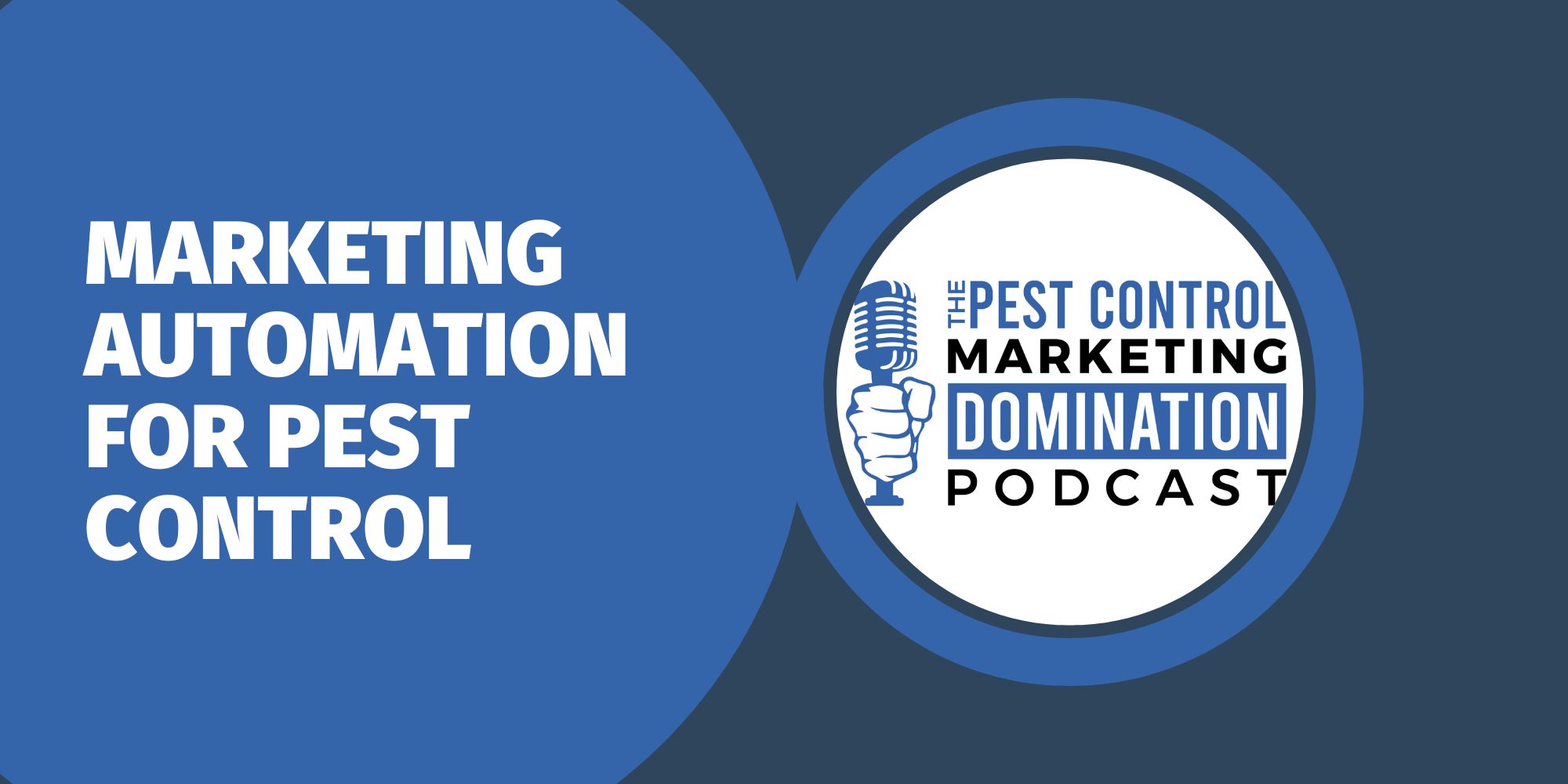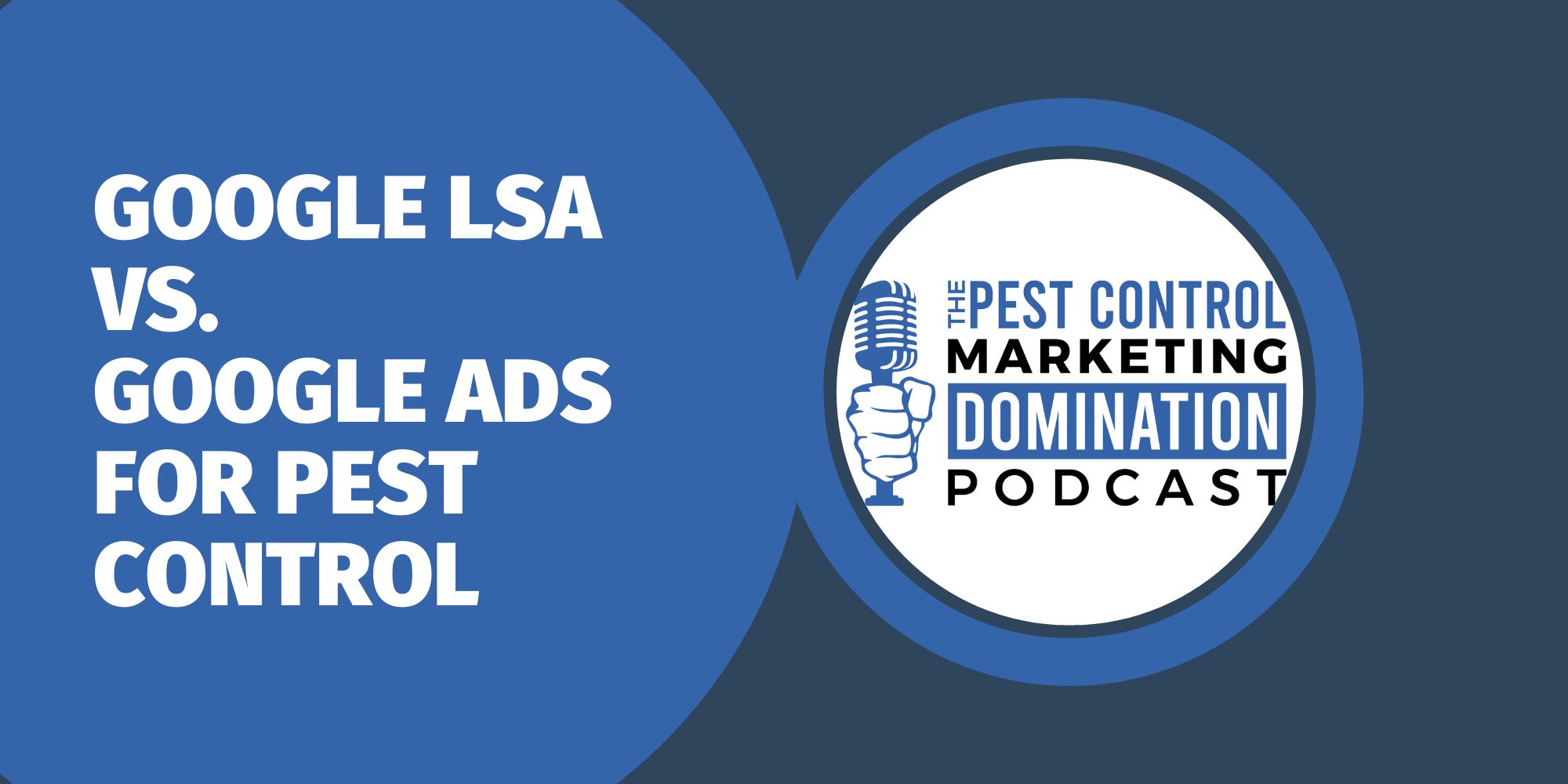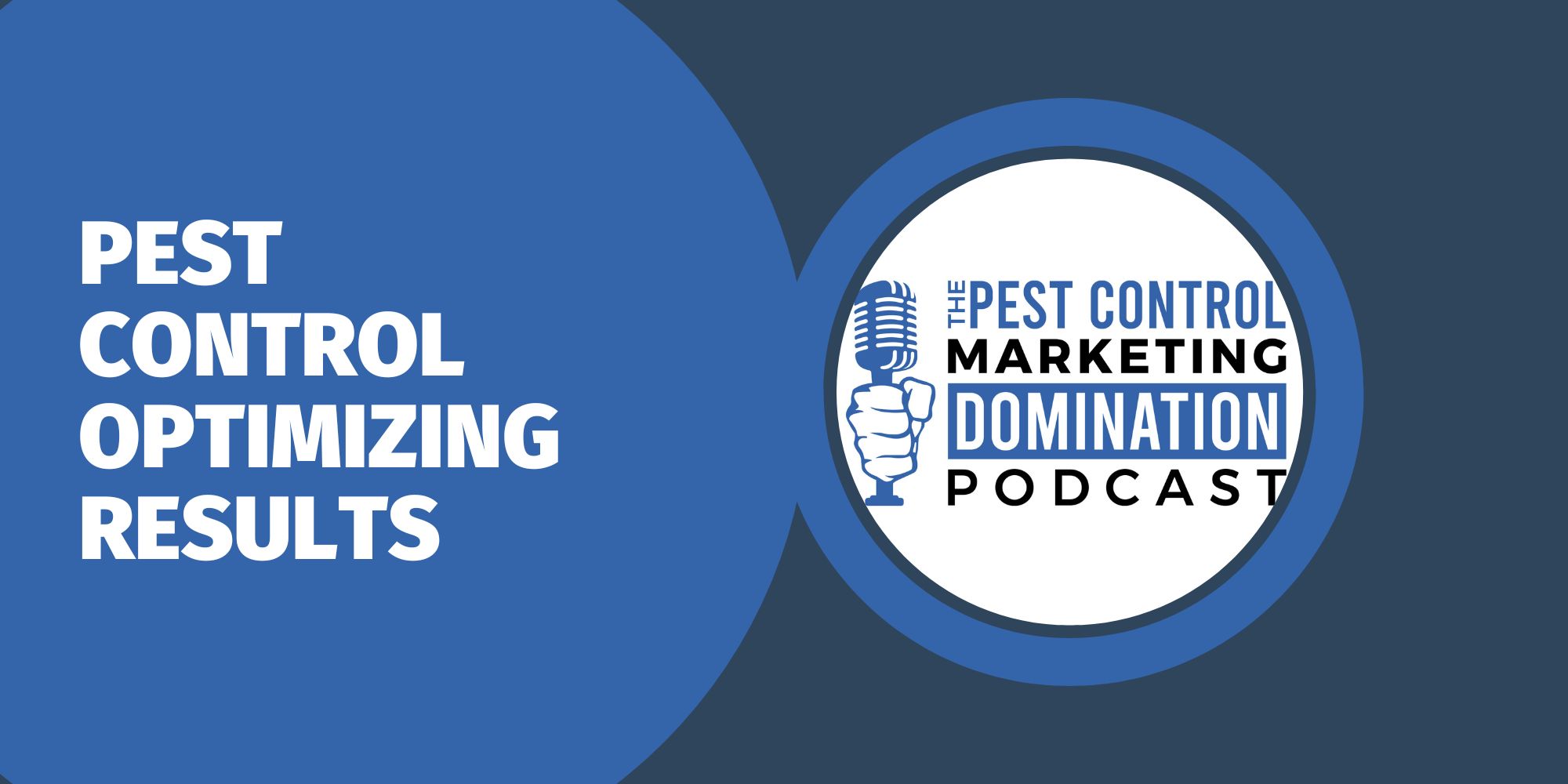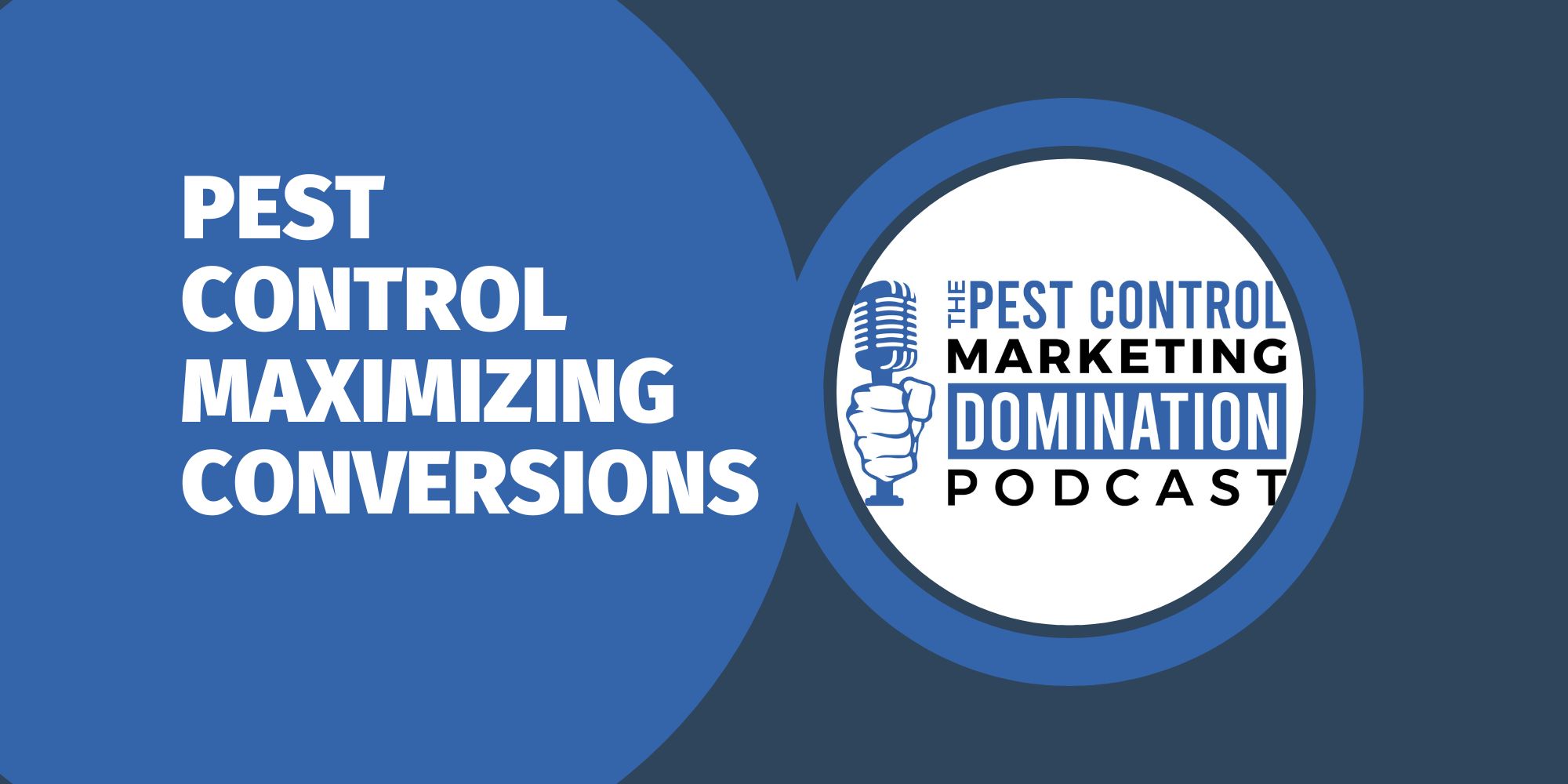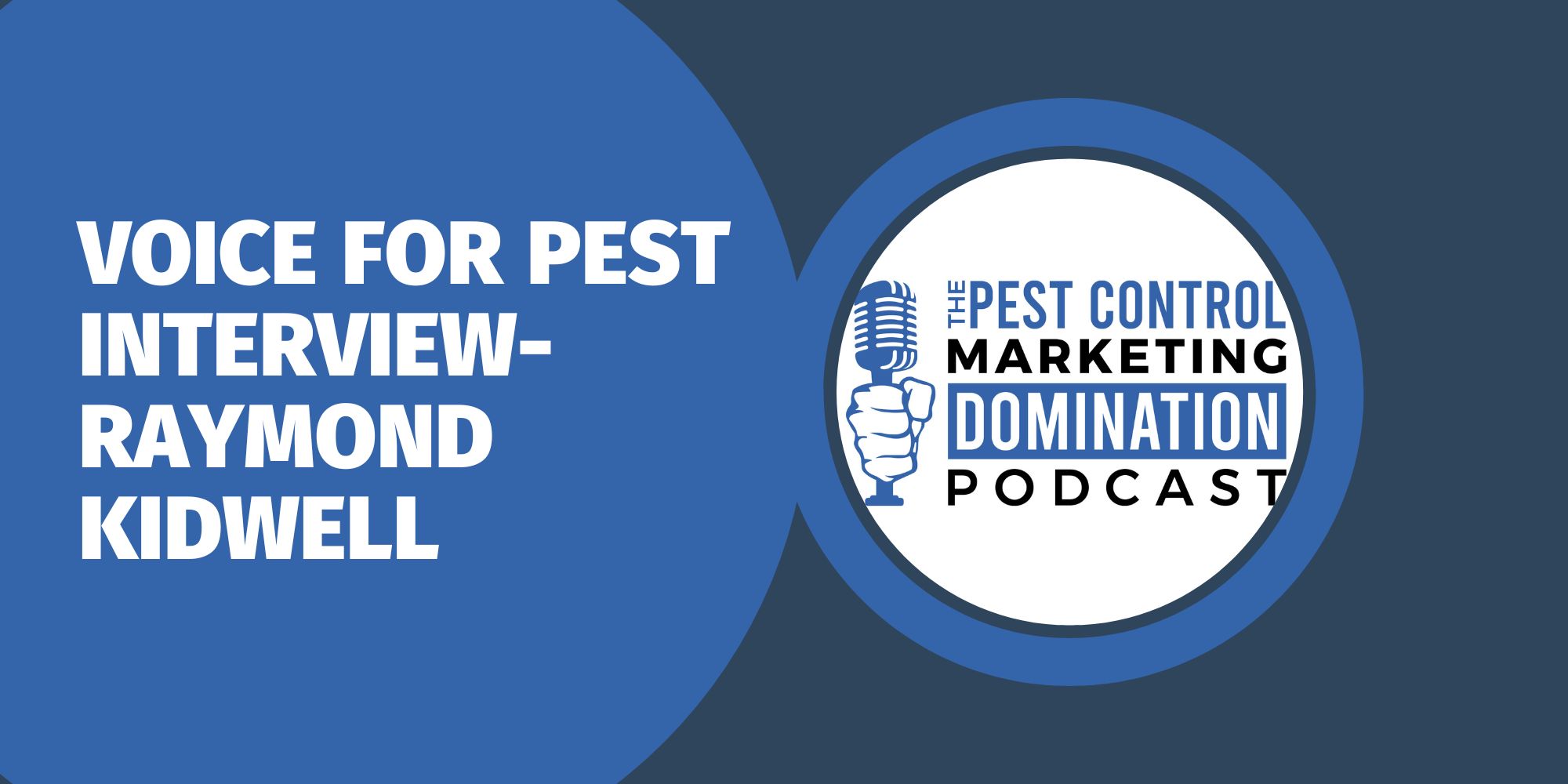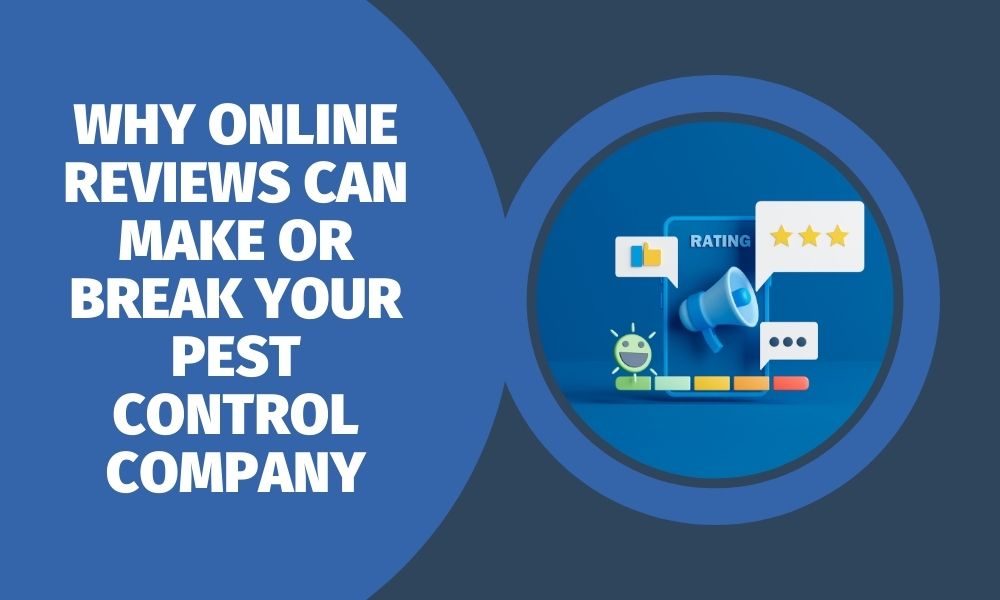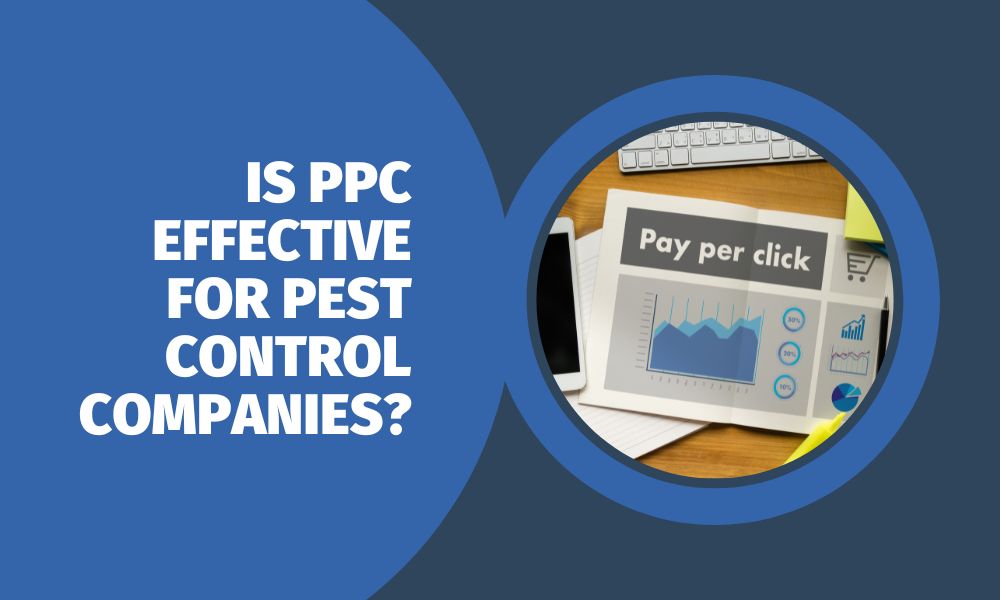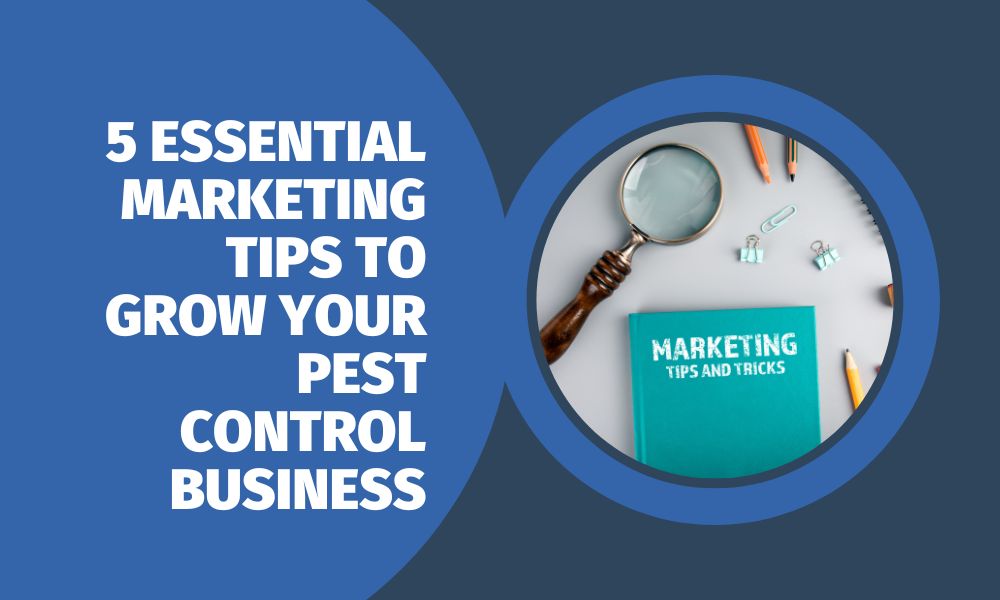When looking for a pest control service, most people often turn to popular search engines like Google to find what they need. As a pest control company, it’s extremely important to make sure your website ranks in the top results. If your website isn’t ranking well on Google, there could be a variety of reasons including poor website design, lack of backlinks, or stale content. In this article, we’ll explore six common reasons why your pest control website may not be ranking well on Google and provide tips on how to address each issue.
1. Poor Website Design and User Experience
A website’s design and user experience can have a significant impact on its search engine rankings and its ability to attract new customers. If your pest control website is difficult to navigate, slow to load, or doesn’t work well on mobile devices, you may not show up in Google’s search results.
- Make Your Site Mobile-Friendly – More and more people are accessing the internet through their mobile devices. For this reason, Google will naturally rank mobile-friendly sites higher in the search results.
- Easy Navigation – Your website should be well organized and intuitive to navigate. Poorly organized websites could have higher user abandonment rates.
- Improve Website Speed – Slow loading websites won’t rank well on Google. If your website takes too long to load, you can speed it up by optimizing images or reducing the number of plugins.
- Clever Architecture – Search engines like Google try to match users with the websites that have the content that is most relevant to the search criteria. If the pages of your website are crowded with various topics, it could hurt your rankings. Instead of listing tips on a dozen different pests on a single page, having separate pages each dedicated to one pest will rank higher. The same applies to creating specific pages that target a certain town or neighborhood in your service area.
2. Lack of High-Quality Content
Too many pest control companies have empty, boring websites. More often than not, these businesses simply use their website to list their services and contact information. Unfortunately, this isn’t the type of content that search engine users are typically looking for. Instead, you should pack your website with lots of useful and informative content. This not only helps demonstrate that you are an expert in your business, but Google will reward websites with high-quality content that answers its users’ questions or helps them solve their problems.
- Address Common Pest Control Questions – Content that answers frequently asked questions such as how to identify bed bugs or ways to prevent ants from invading your home will be the most valuable to search engine users and your ideal customers. Pest control businesses should consider content such as pest identification guides, DIY pest control remedies, or home pest prevention tips.
- Use Photos and Videos – Photos and videos add an engaging visual element to your content that can help illustrate your point or keep the reader interested.
- Publish Content Often – Google will penalize websites that have old, outdated content. To avoid this, you can create a regular schedule to publish new content or update old blog posts or videos.
3. Missing or Incomplete Metadata
Search engines like Google rely on the underlying metadata of websites to decide how they should be ranked in search results. If your pest control website isn’t ranking well, it could be a result of missing or incomplete metadata. Metadata is stored in a variety of places throughout your website, however, you can often find metadata fields in your website’s page settings.
- Include Target Keywords – Your title tags and meta descriptions should always include the keywords that your customers are most likely to plug into search engines. This will help Google connect you with the right users.
- Unique Metadata – Since each page of your website is unique, you should also have unique metadata to accurately describe the content of that specific page. Copying and pasting the same meta descriptions or tags is a recipe for low search engine rankings.
- Keep Metadata Concise – Title tags should be no more than 60 characters and your meta descriptions should be no more than 160 characters. This will ensure that your metadata information isn’t cut off or truncated in search engine results.
- Be Descriptive – Your metadata should be descriptive and informative for search engine users. Helping users understand the purpose of your website quickly and easily will result in higher click-through rates.
4. Lack of Backlinks
A lack of backlinks is one of the most common issues that can prevent a pest control website from ranking well on Google. Backlinks, especially ones from reputable sources such as media outlets and industry trade groups, help signal to search engines like Google that your website is credible and authoritative.
Not only do backlinks help your website ranking, but it lets your customers know that your business is a trusted authority in the industry. For example, if a local news outlet links to your website in an article about how to prevent pest infestations, it can signal to potential customers that your business is a reputable source of information. Building a solid set of backlinks can be challenging without the right strategy, especially for newer or smaller businesses.
- High-Quality Content – Start by building high-quality content such as videos and blog posts that other websites will want to link to.
- Participate in Industry Associations – Joining industry associations and participating in events can be a great way to meet other professionals in the pest control industry and establish relationships that could lead to backlinks. Even offering to provide a guest blog post for the association could generate backlinks.
- Simply Ask – Don’t be afraid to reach out to other companies or websites that are connected to the pest control industry. For example, you could ask a local landscaping contractor if they would like to link to your guide on common garden pests for their customers.
5. Poor Keyword Targeting
Keywords are a critical element for ranking high on Google. If your pest control website isn’t showing up in search results on Google, it could be a result of poorly chosen keywords. Or perhaps you don’t have a keyword strategy at all. To improve your keyword rankings, you need to optimize your website’s content, title tags, and meta descriptions to leverage specific keywords that your ideal customer is likely to search for.
To avoid this challenge, it’s critical to conduct a thorough keyword analysis to identify the most important search terms for the pest control industry. By updating your keywords, you could see a relatively quick improvement in your Google ranking.
- Local Keywords – For many pest control businesses, the majority of customers come from their local area. For this reason, it’s wise to include keywords that pertain to your operating territory such as the names of cities, towns, and neighborhoods that you service.
- Long-Tail Keywords — A mistake that many pest control companies often make is focusing on short-tail keywords such as “pest control” or “exterminator”. While these do have higher search volumes, there is a lot of competition. Instead, selecting long-tail keywords such as “bed bug remediation in Phoenix” is more specific. The benefit of long-tail keywords is that they have less competition giving your website a better chance of ranking high on Google.
- Avoid Keyword Stuffing – While using the right keywords is usually a good thing, you can overdo it. Google will penalize websites that try to cram as many keywords as they can onto a single page. Instead, try to leverage keywords naturally throughout your content.
6. No Social Media Presence
Social media is a powerful tool for promoting your pest control business. However, it’s also an important element when it comes to your search engine rankings. If your pest control website has a lack of active social media signals, it may damage your ability to show up ahead of competitors who are social media focused.
- Engage with Your Followers – By engaging with your followers or other people who interact with your social media content, you can improve the visibility of your social media presence with search engines.
- Share Content Across Social Media – Linking your content to your social media pages helps build the connection between your website and popular social media platforms which can improve your search engine rankings.
- Hire a Social Media Specialist – Successfully deploying a social media strategy can be time consuming and confusing. A social media manager can help ensure that your social media profiles are up to date and bring the most value to your business.
Let Rhino Pest Control Marketing Improve Your Google Ranking
Improving your pest control website’s search engine rankings can be a daunting task. It requires a lot of time and effort to address the issues that are holding your website back from ranking well on Google. The digital marketing experts at Rhino Pest Control Marketing can provide you with the feedback and guidance you need to improve your Google ranking and attract more customers to your website.




